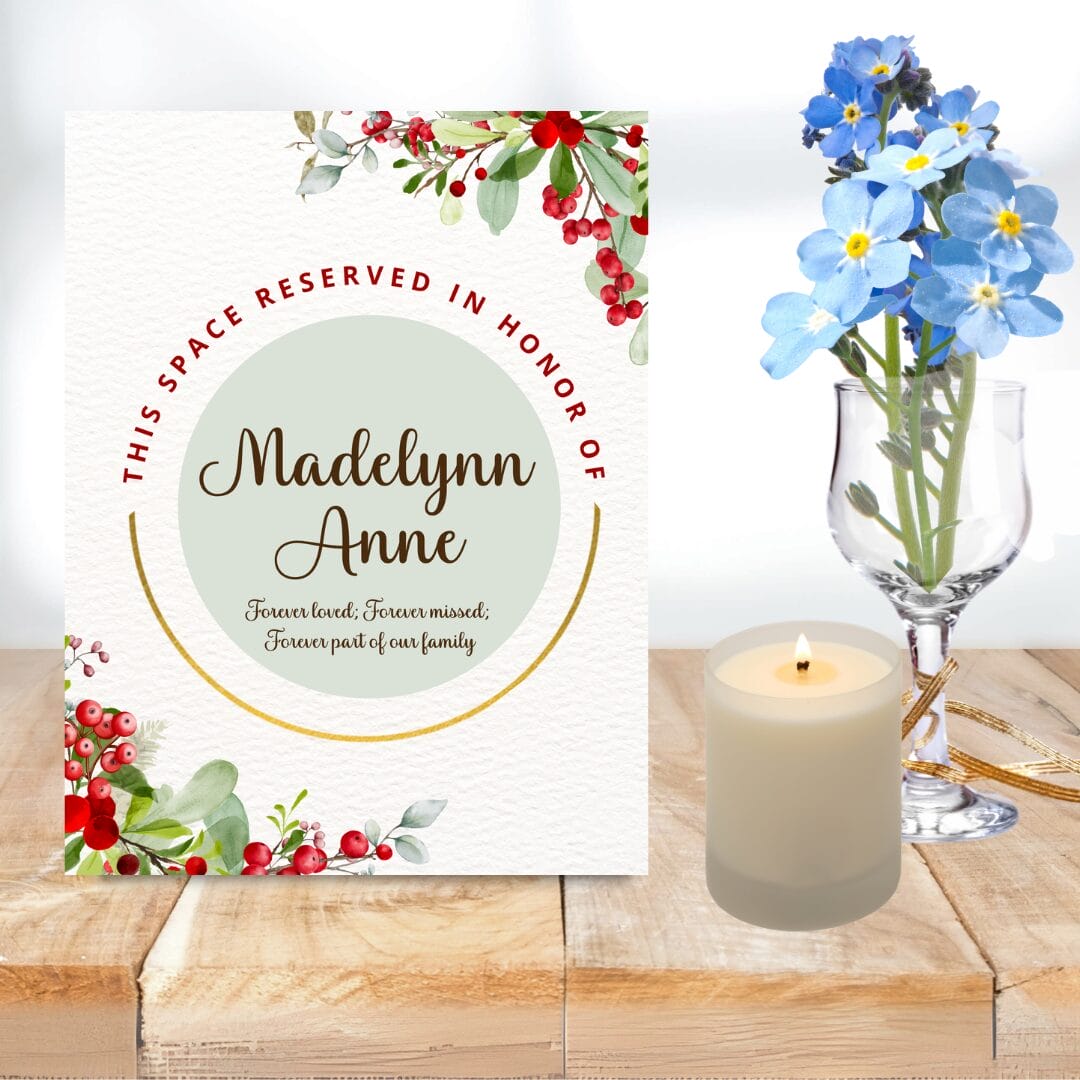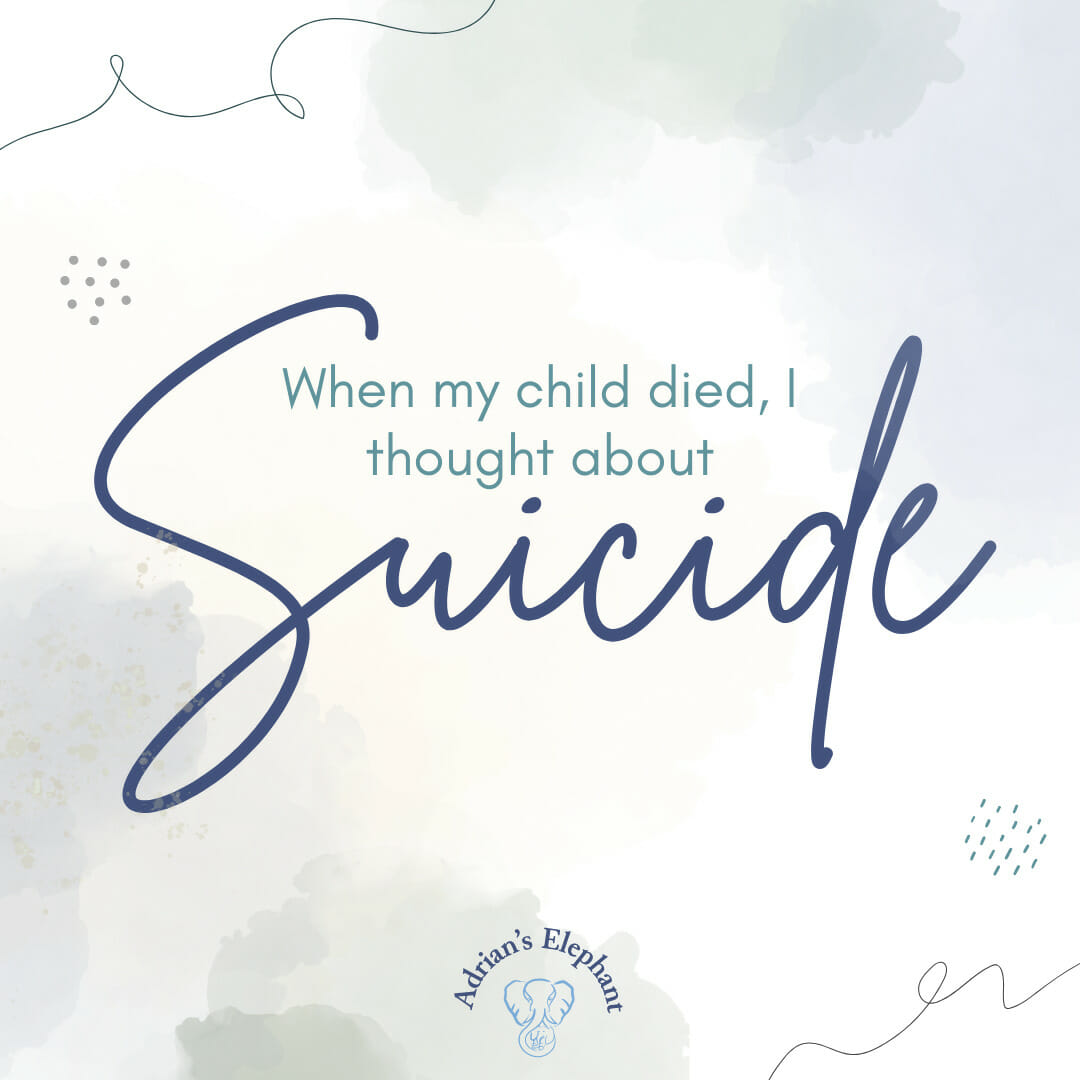When Adrian died, I had no living children, and so I initially only heard about this statement from other loss parents. And what I heard shocked me—family after family told they should think of their living children and put the dead one out of their minds.
As if one living child means the dead can’t be mourned?
In what other situation would this be appropriate to say or think?
And then came Peanut. I don’t talk about Peanut often in these spaces, partially because I am protective of her identity. She is still so young and new to the world, and it’s not my place to share her the way I share Adrian. She deserves a choice in her privacy.
But now she is here, and when people hear about Adrian, so many now jump to point out Peanut’s existence. As if I had forgotten about her?
Or is it that her arrival means the wound of Adrian’s death is now “healed”?—
—Sweet friends, I need you to understand: that wound will never be healed.
I have two children. I love them both equally. And I give them both equal shares of my time and my energy. That’s how parenting works.
And if you know a parent with both a living and deceased child, it’s something to be aware of. Because the most supportive thing you can say in that situation is to acknowledge the work that goes into raising and grieving, simultaneously.
Notes for the Support Team – Words Matter:
Original statement: You should be thankful for the children you have.
Rewritten: Parenting after loss is an eternal balance. I am always available for babysitting or help around the house if you need a break. It’s okay to tend to your grief for your missing child too.
Related Posts:
Notes for the Support Team: Children. Aren’t. Replaceable.


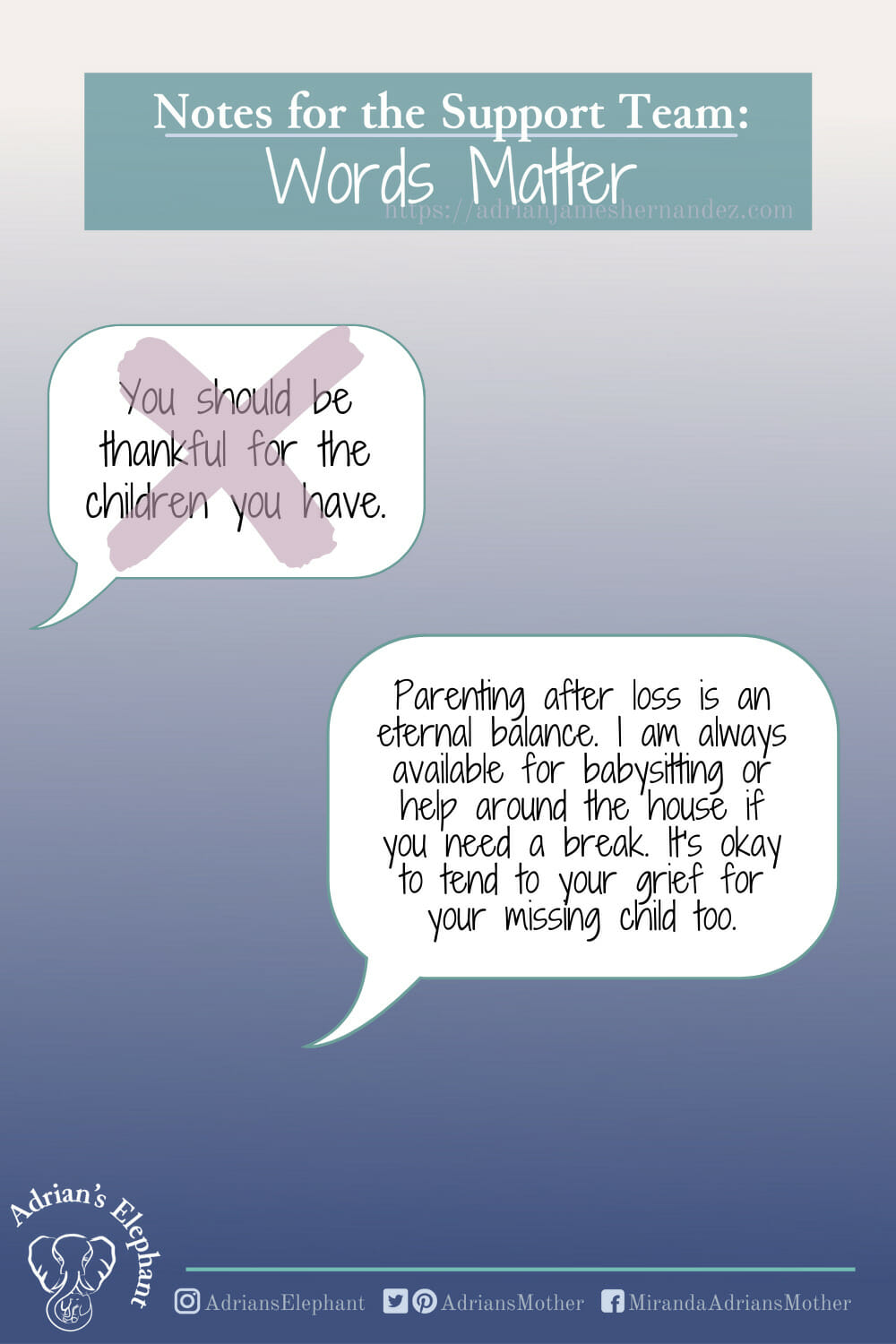
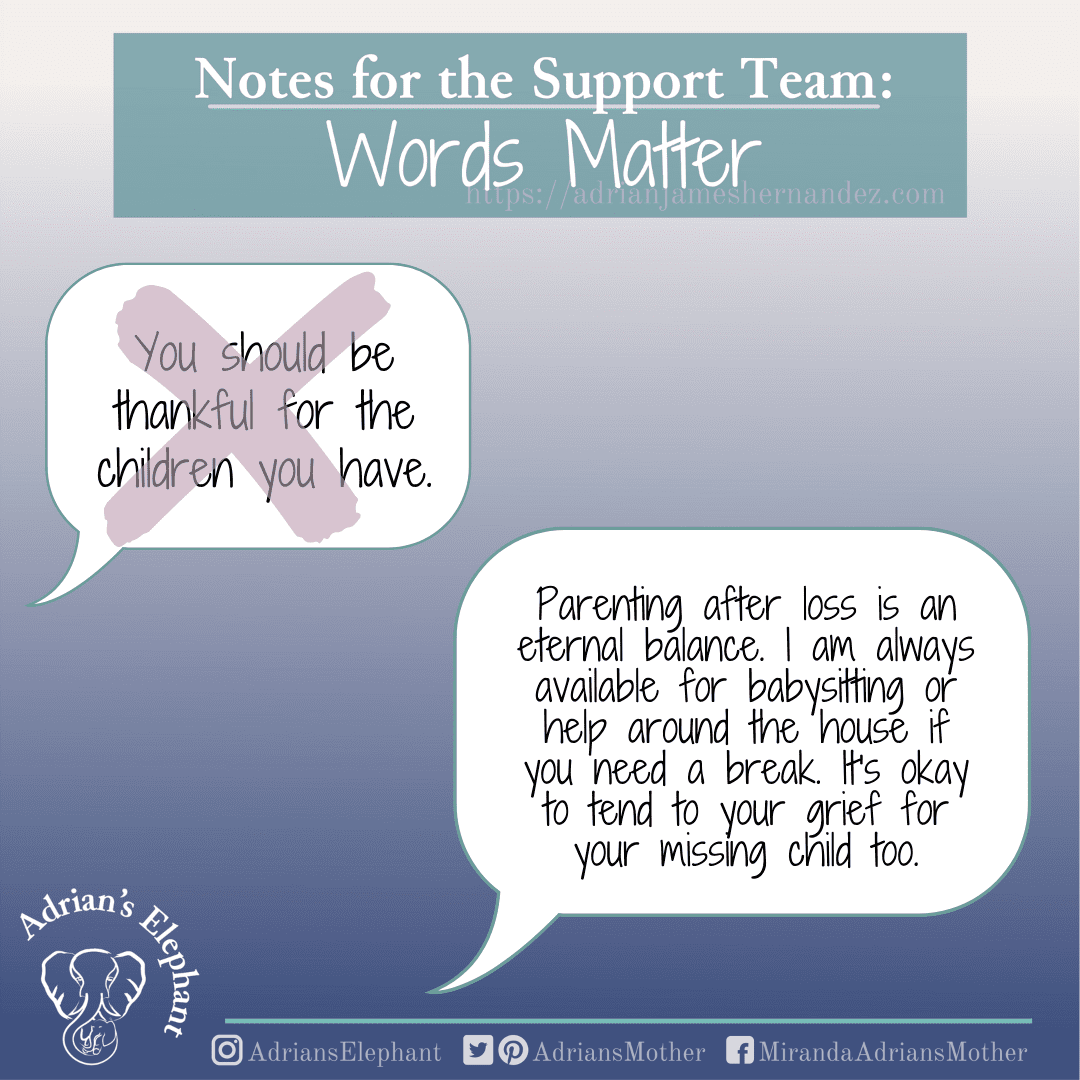






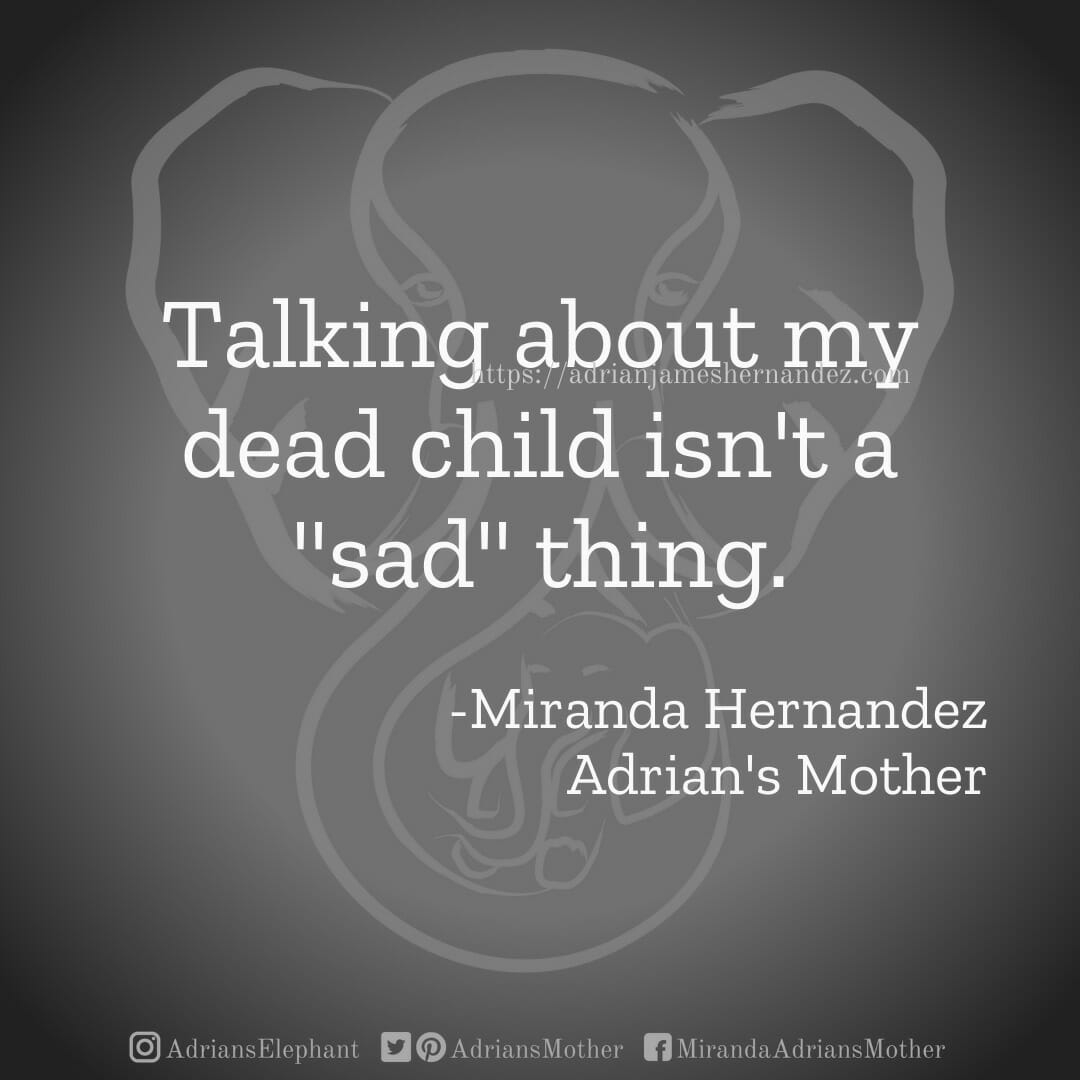









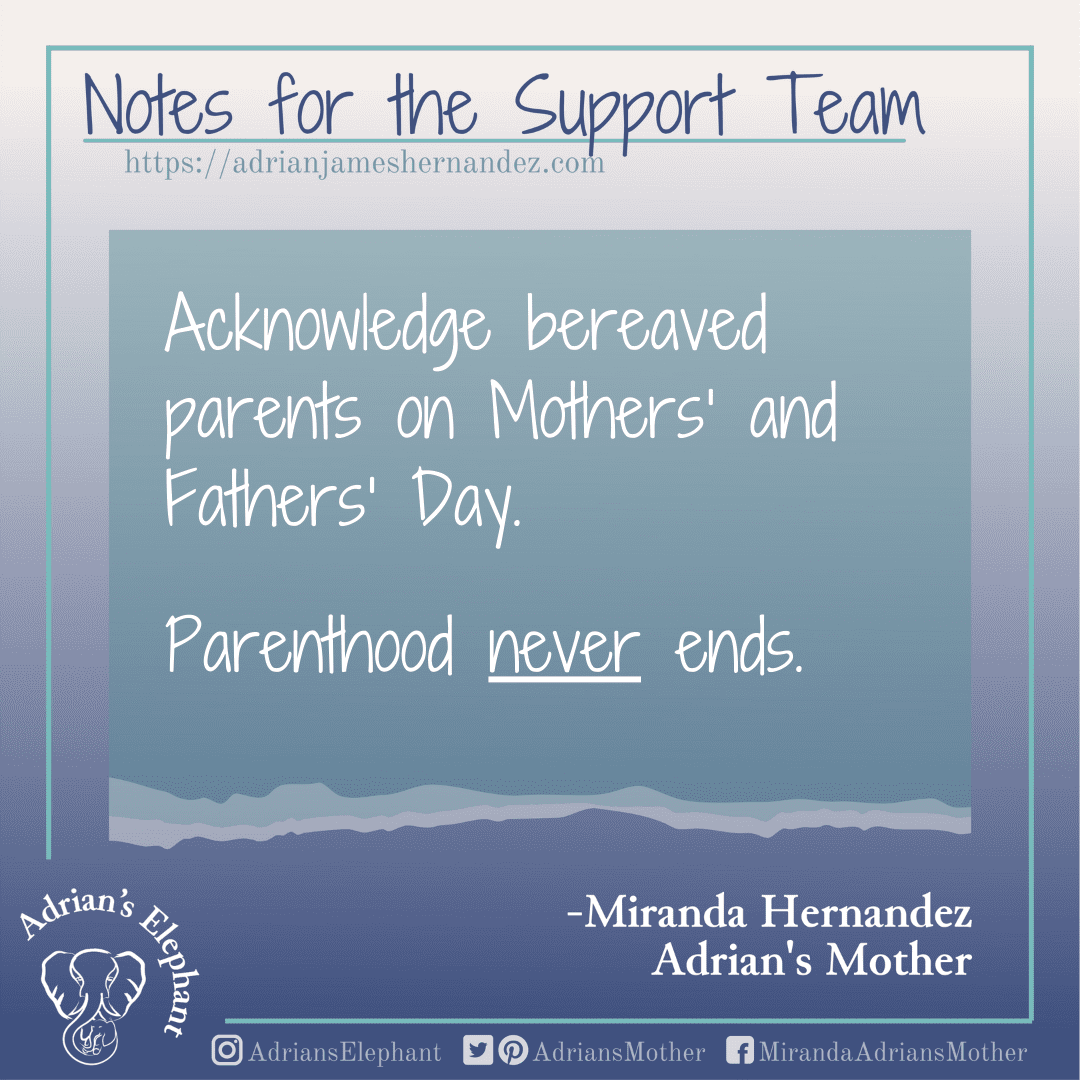




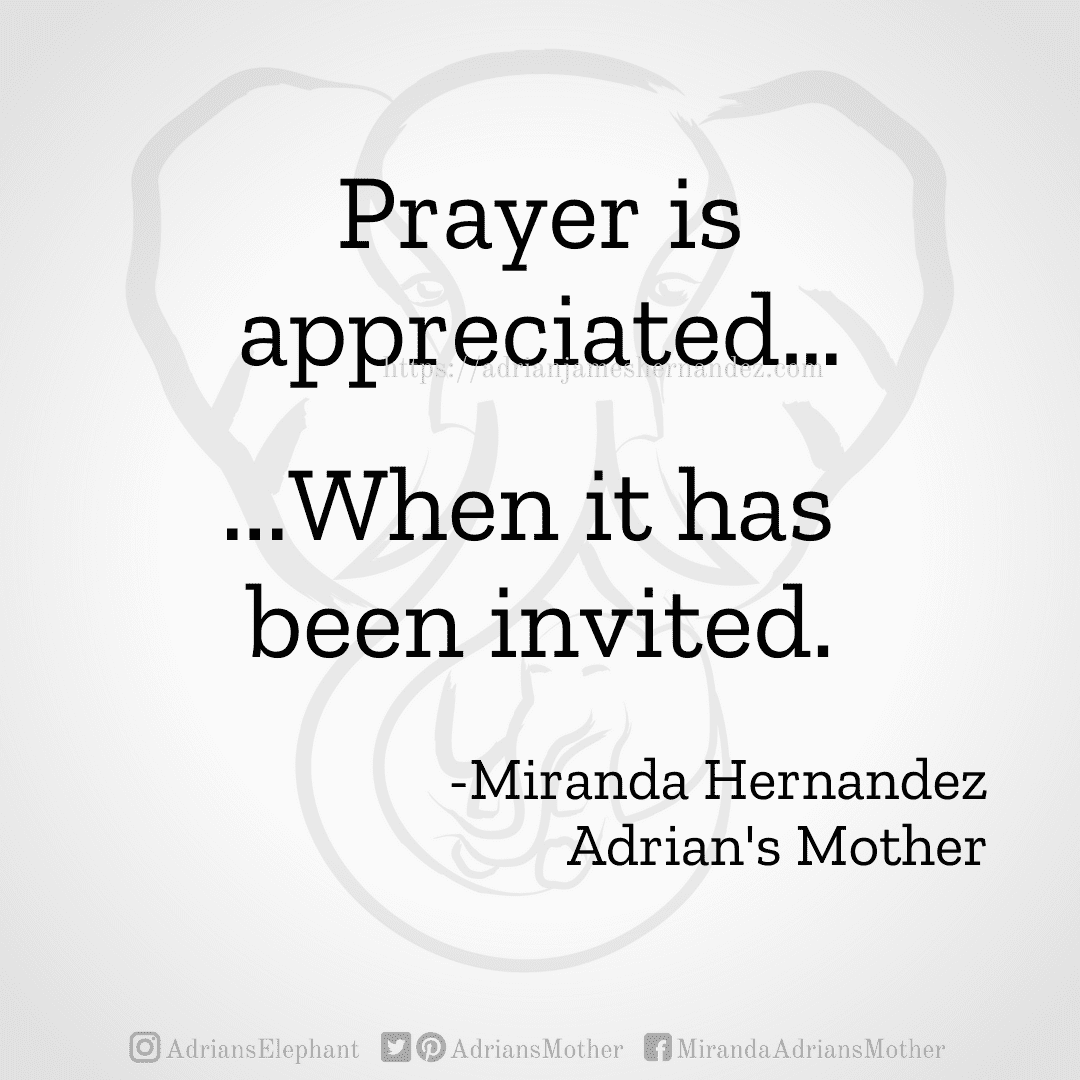

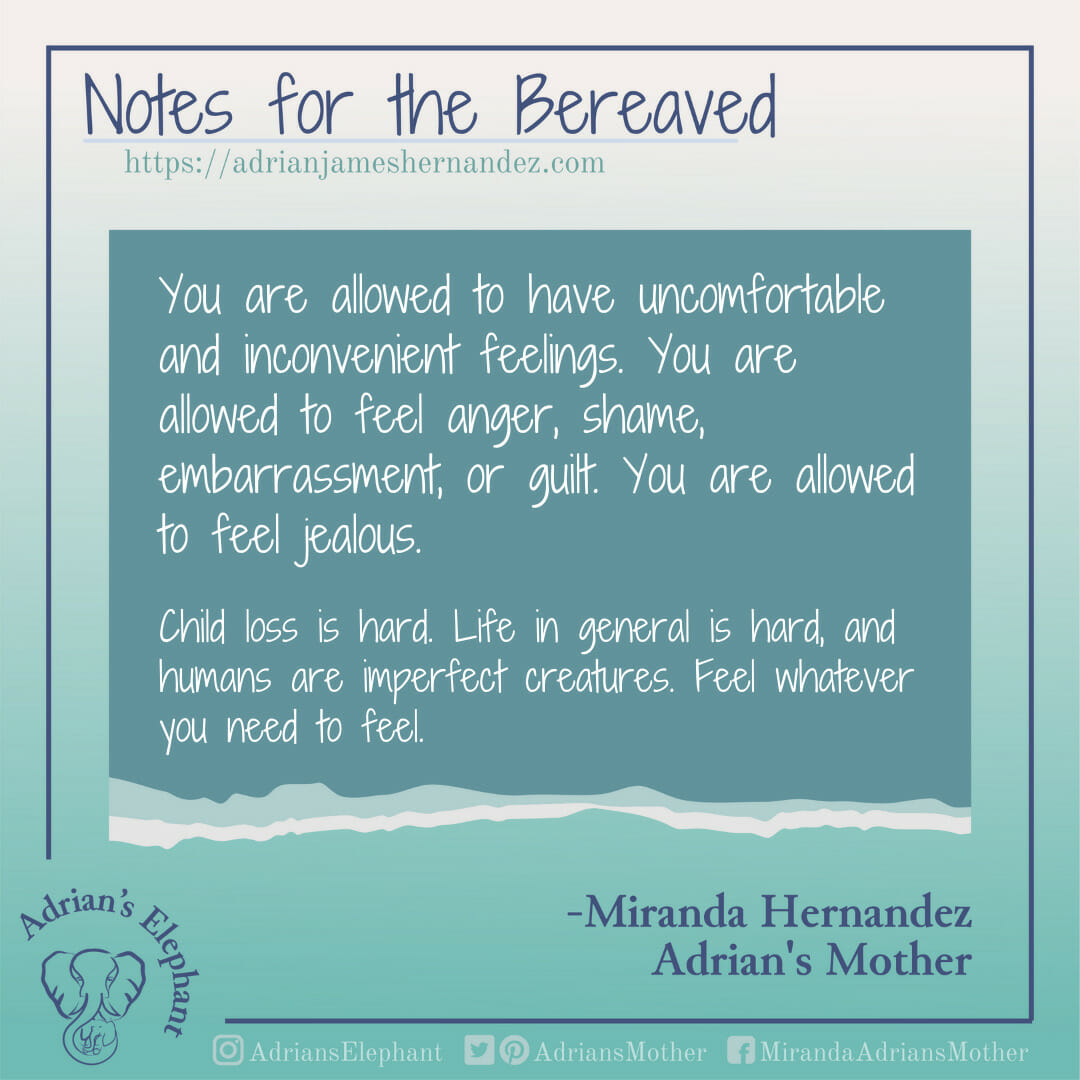


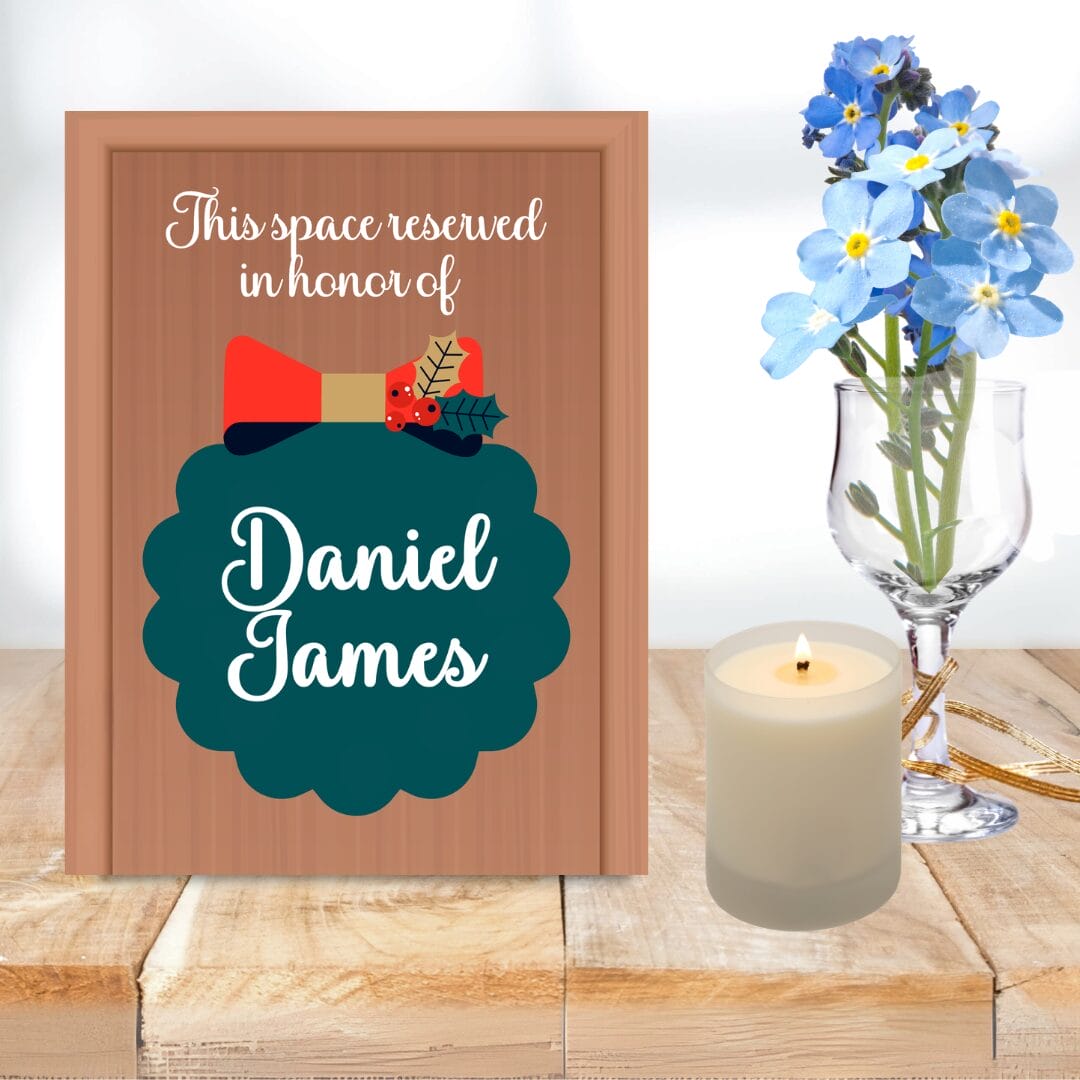

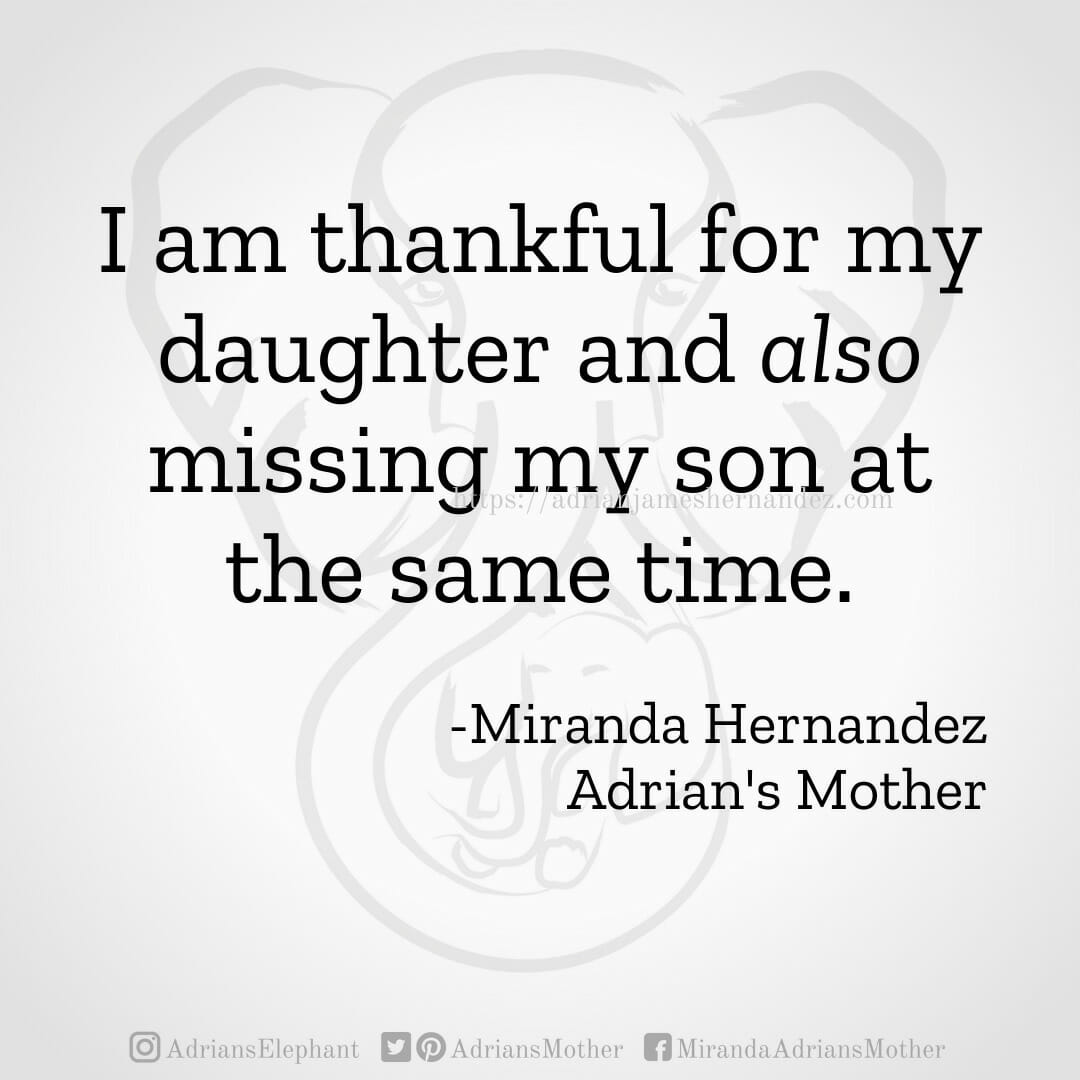

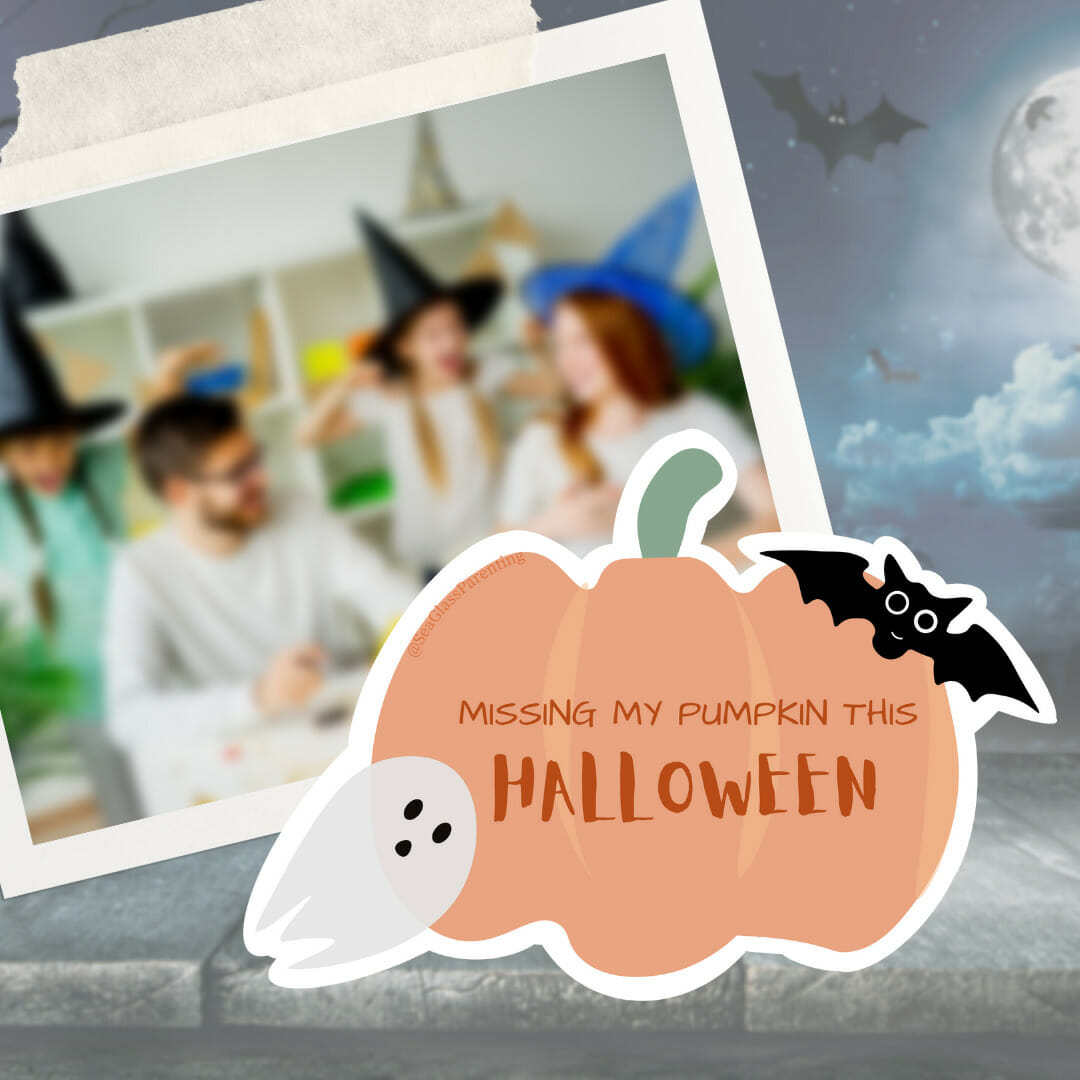
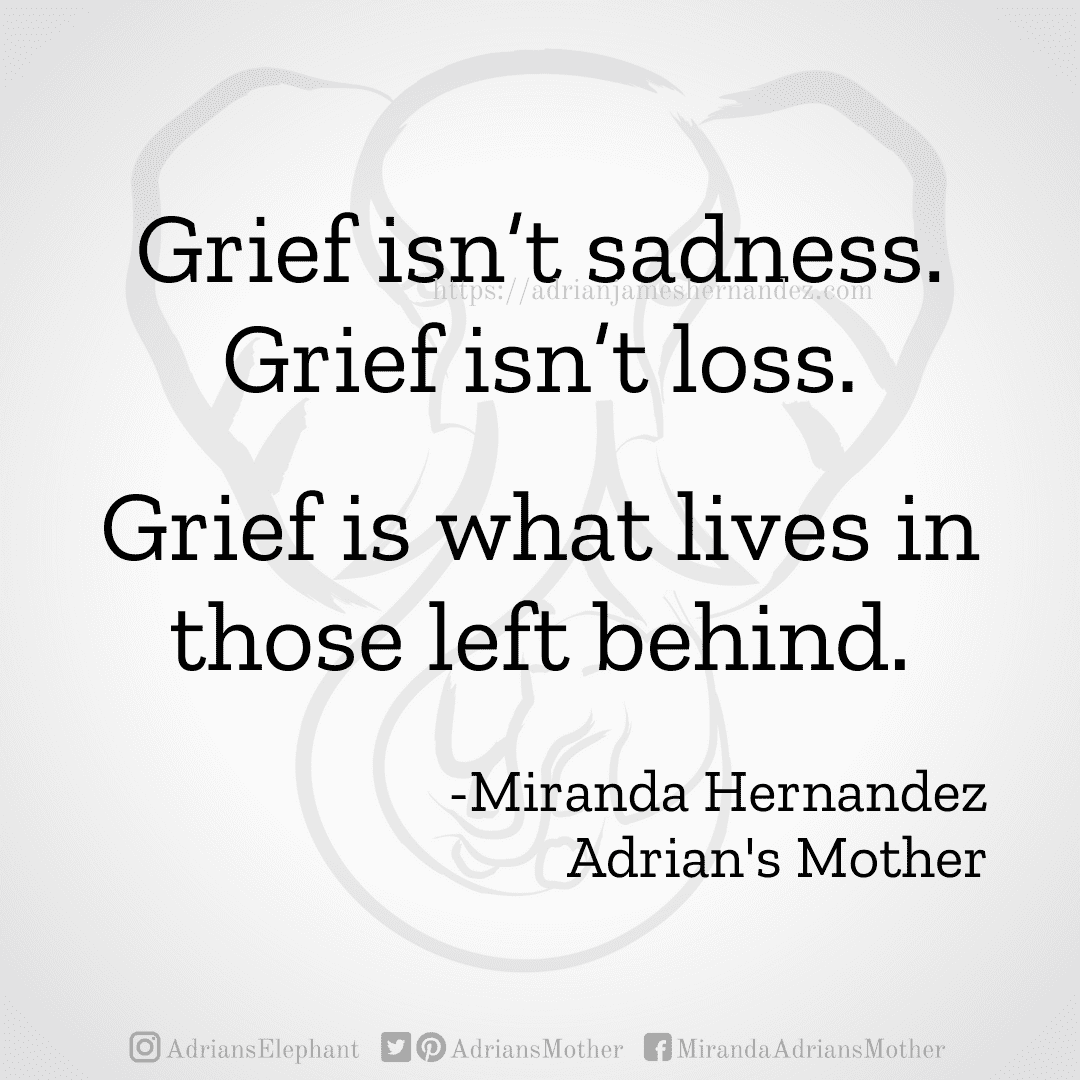


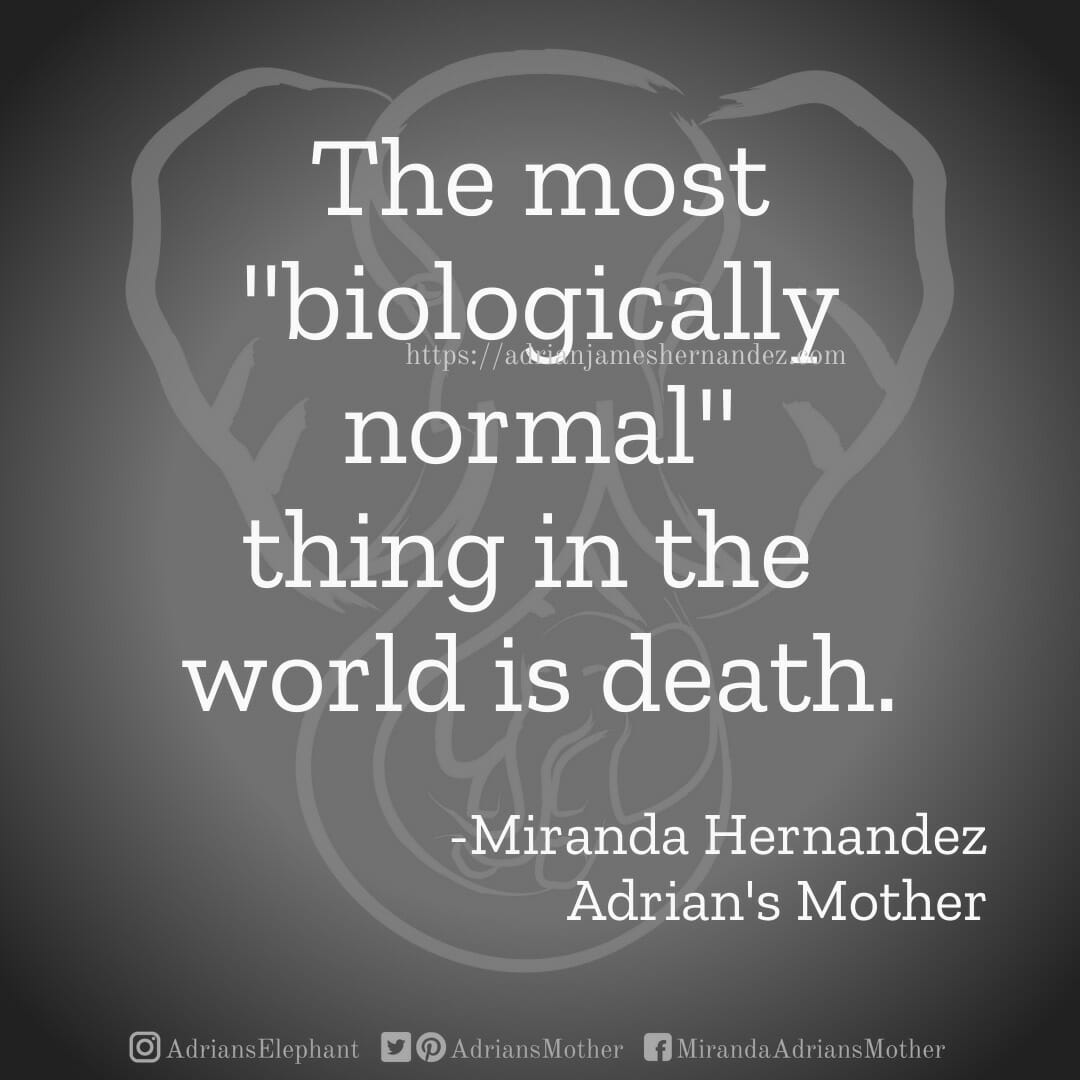


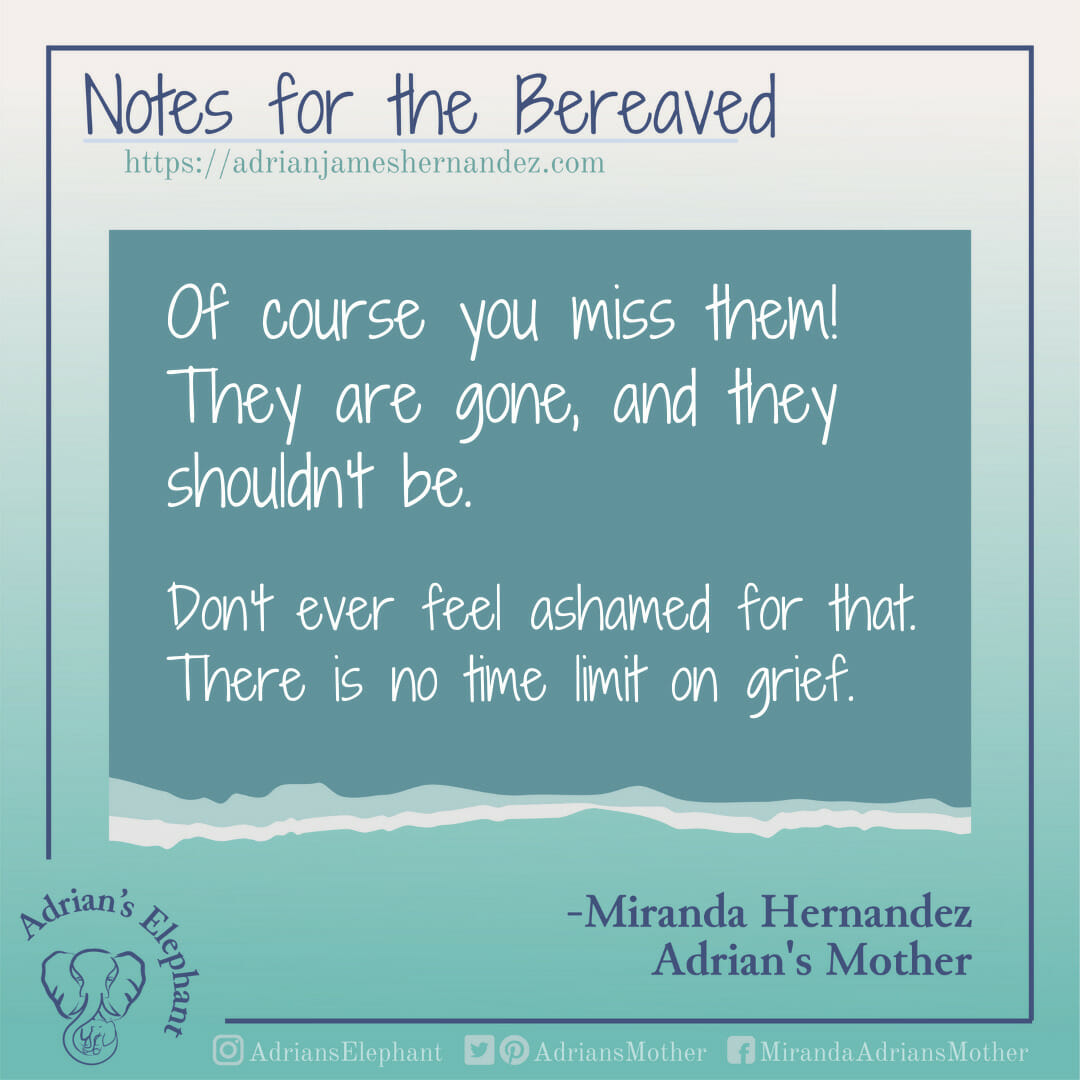


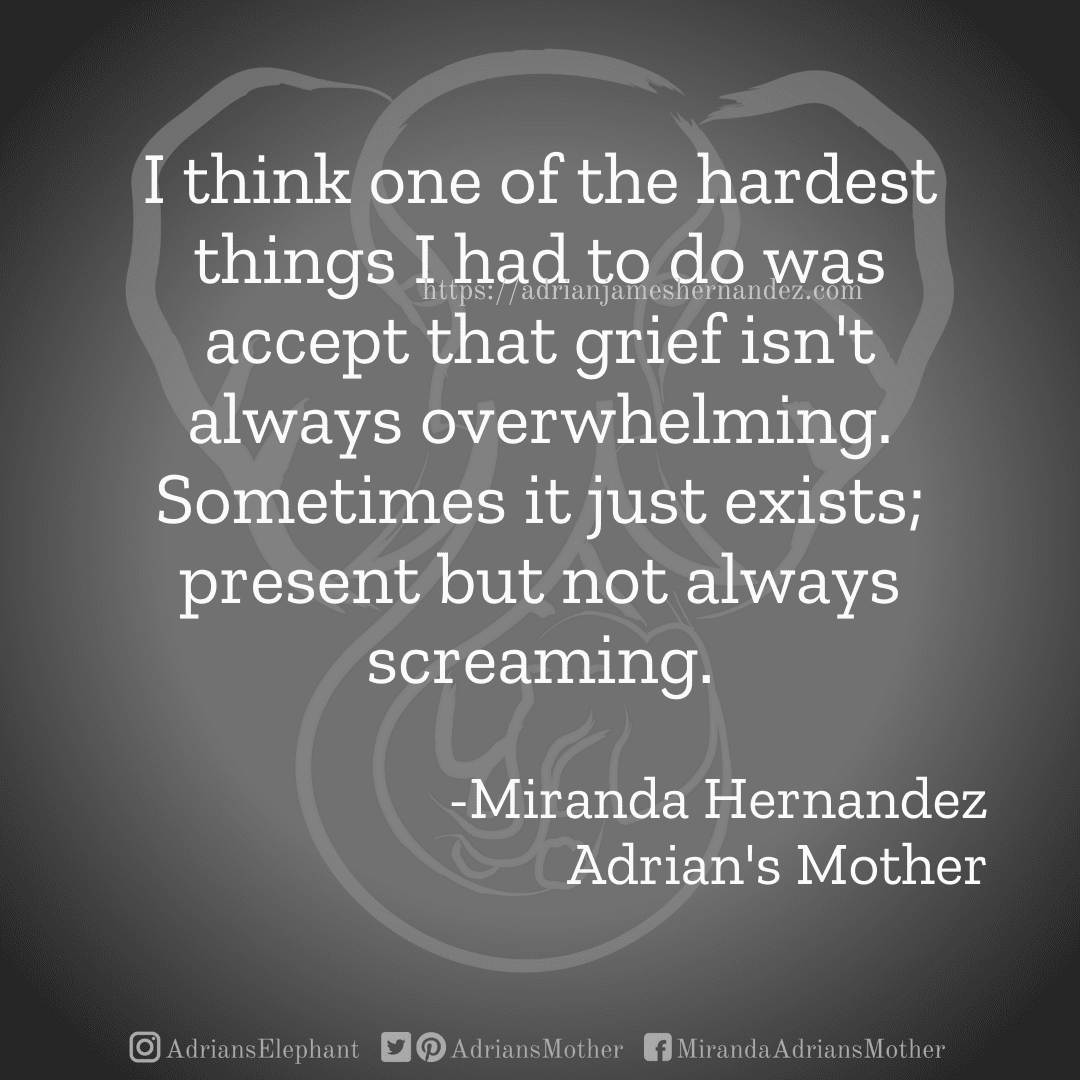





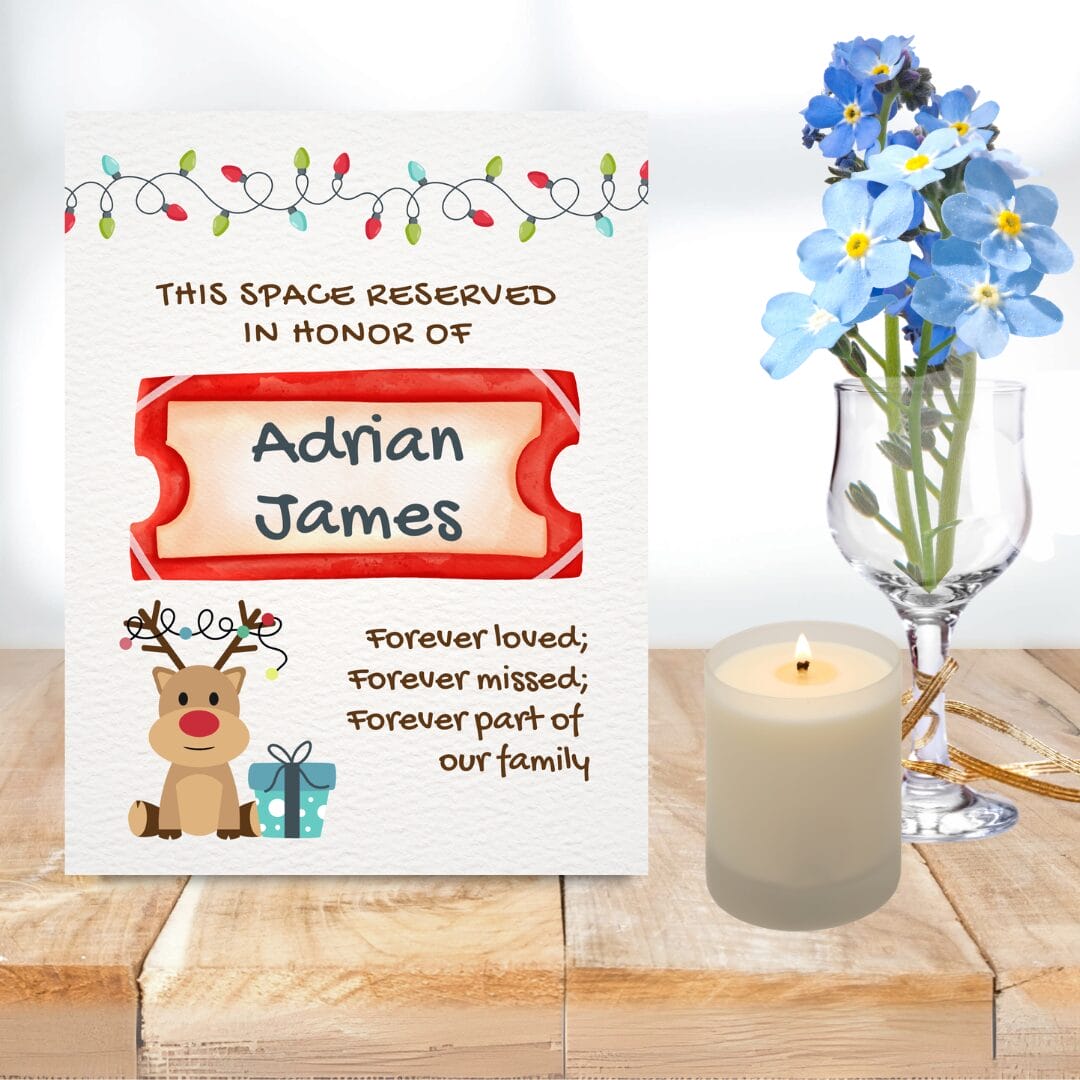

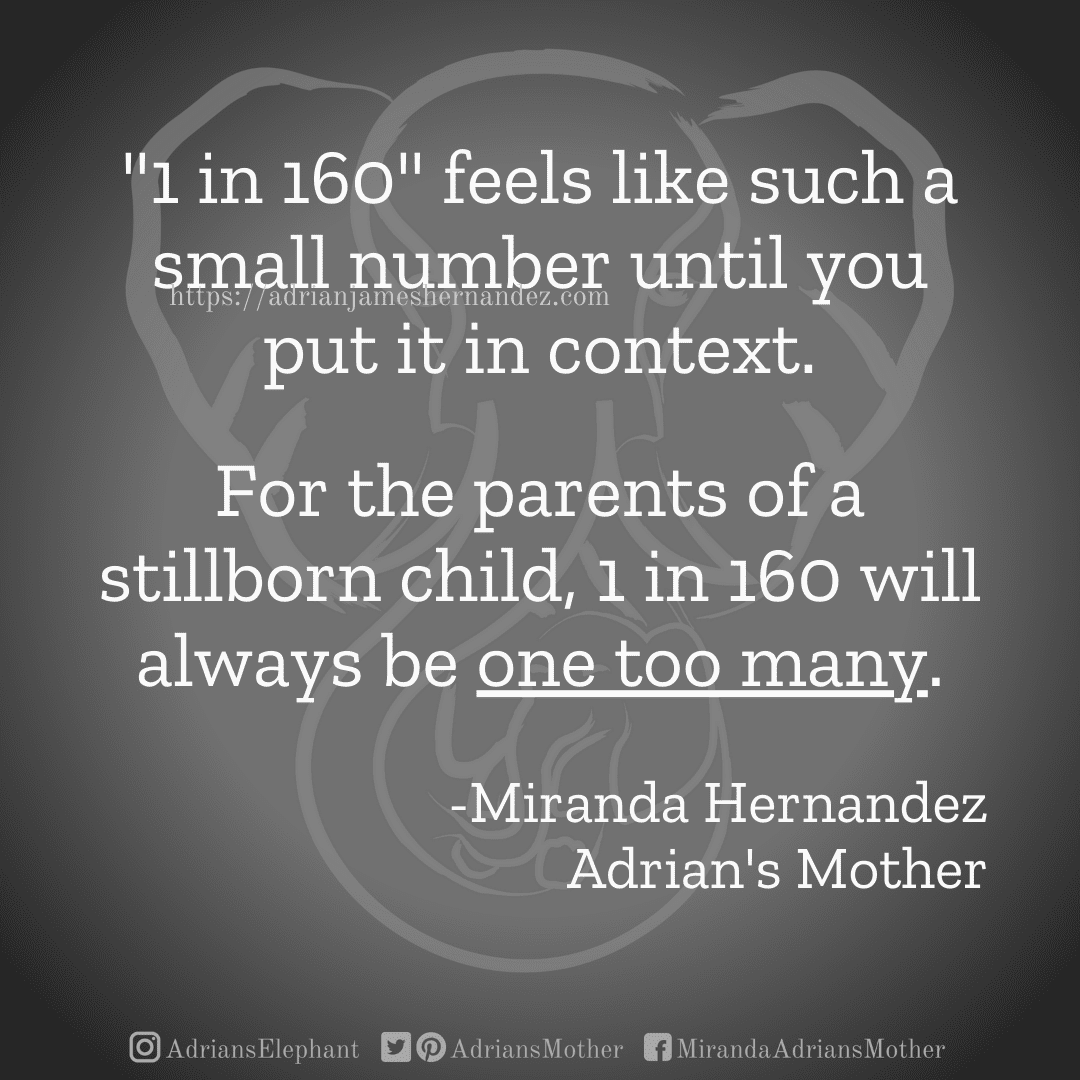

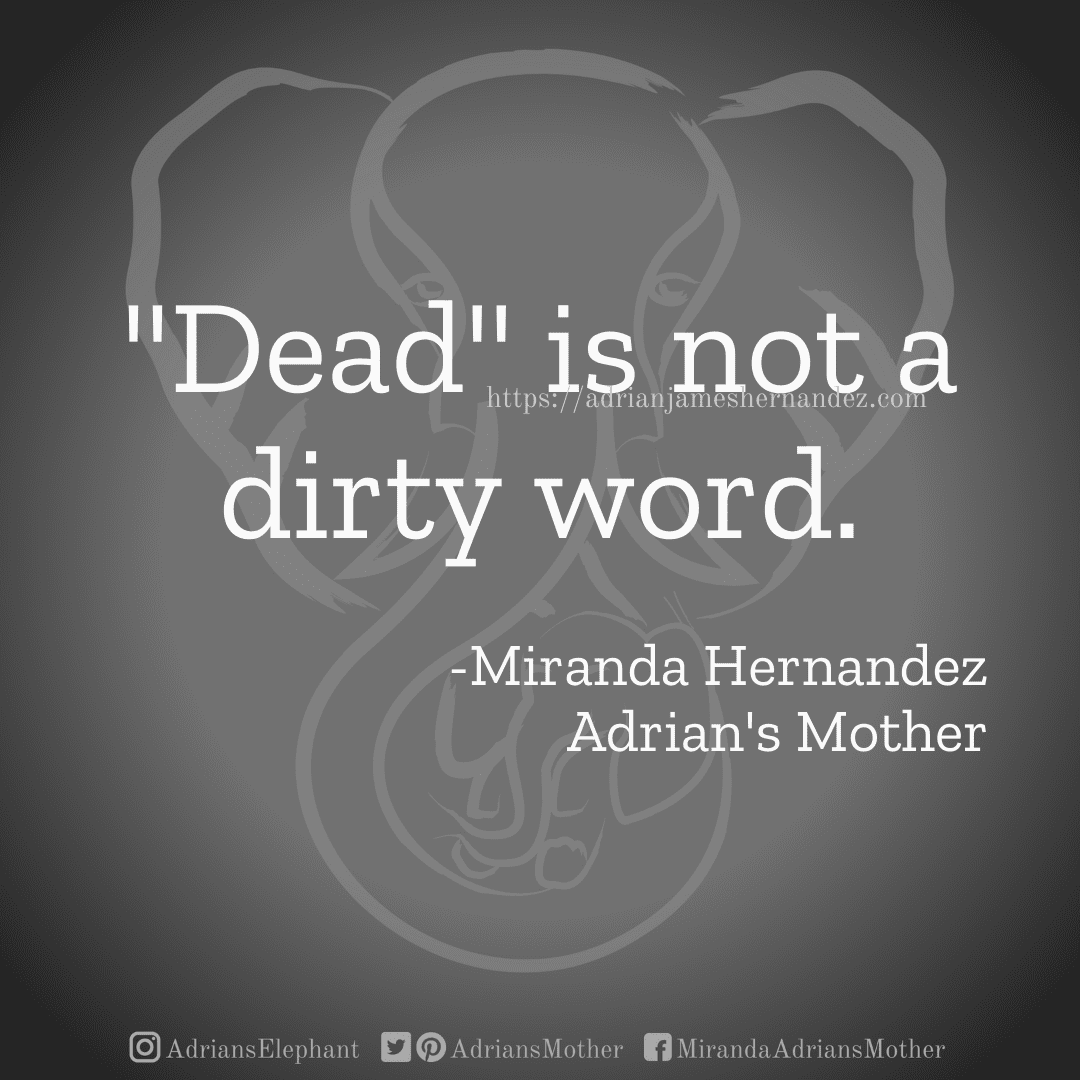


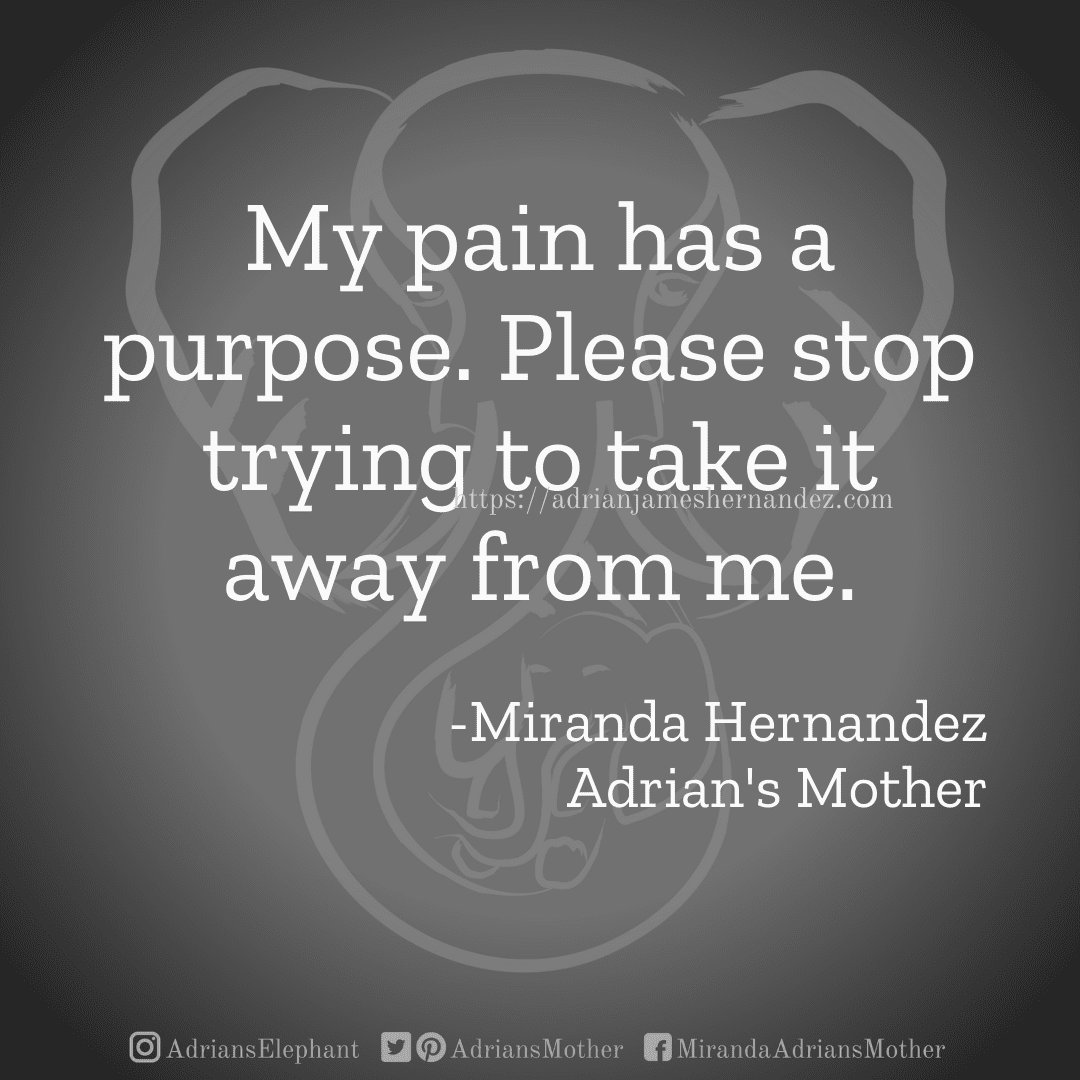
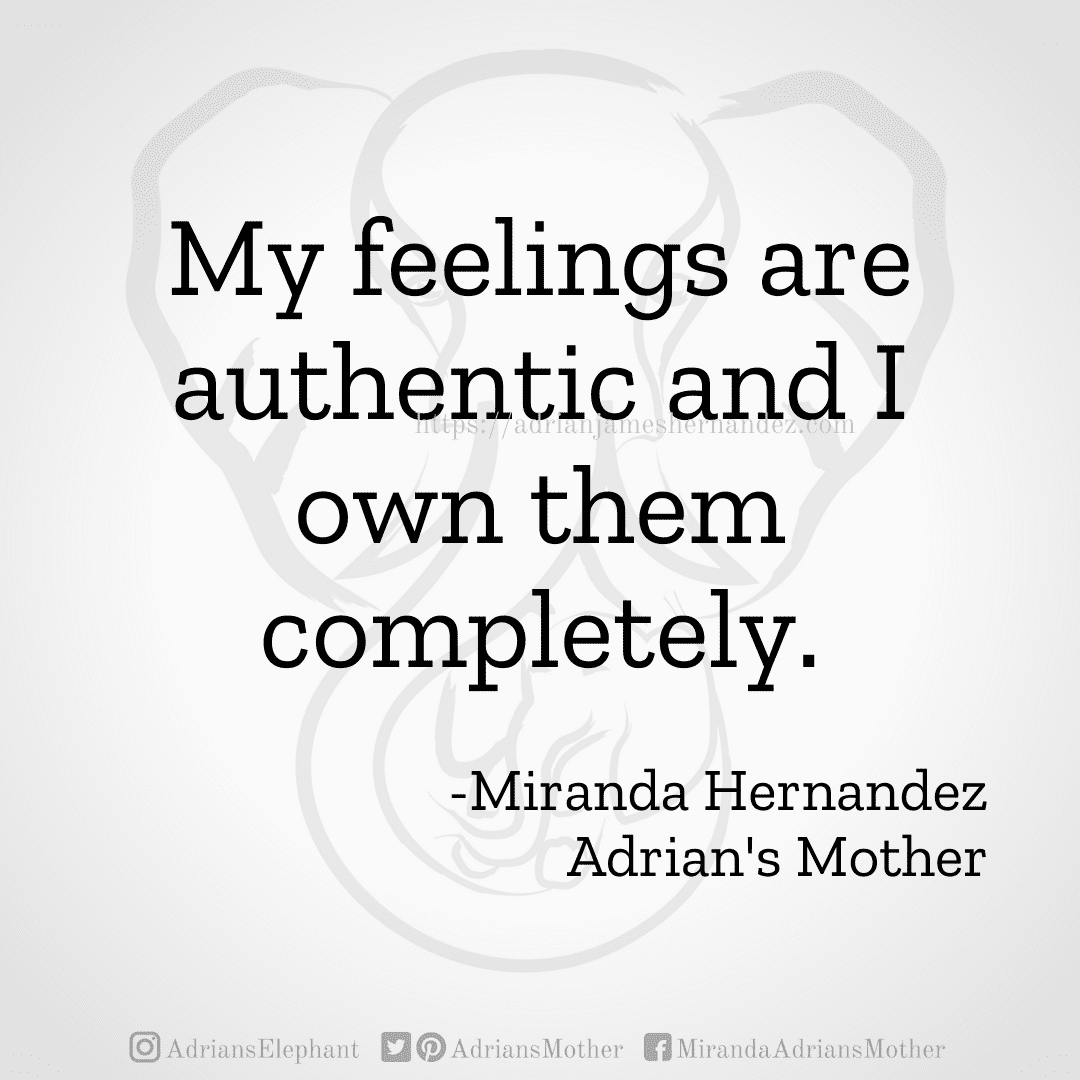


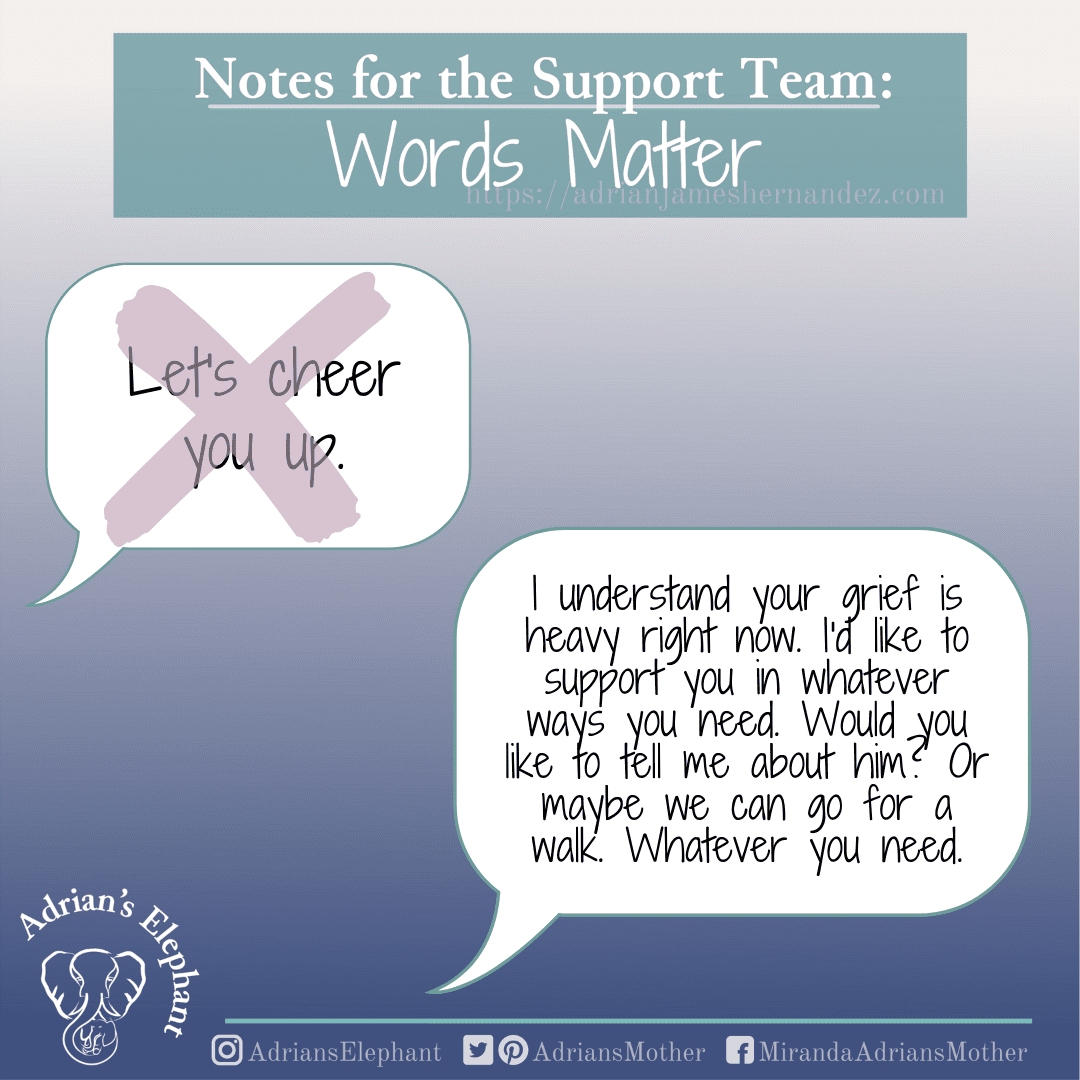








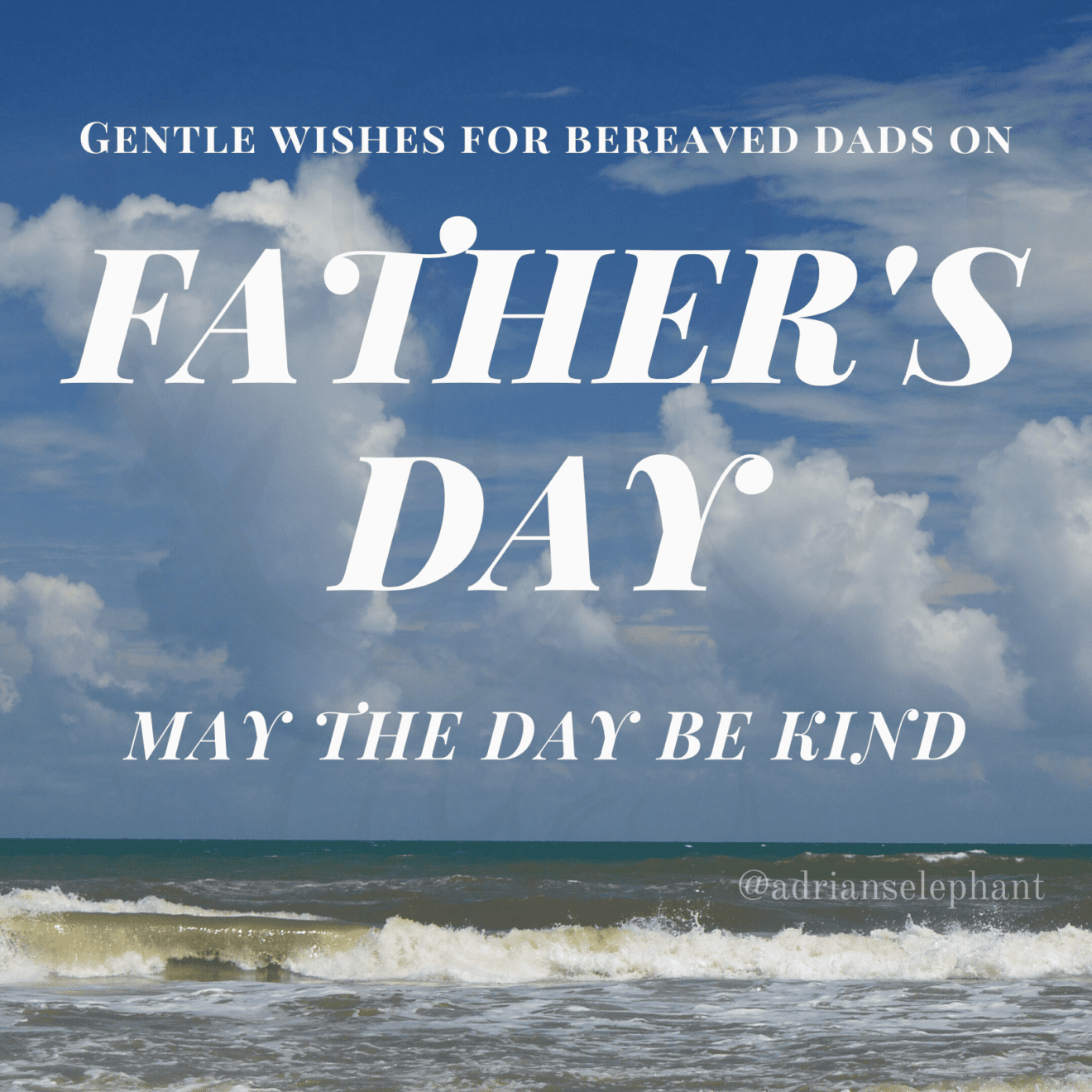
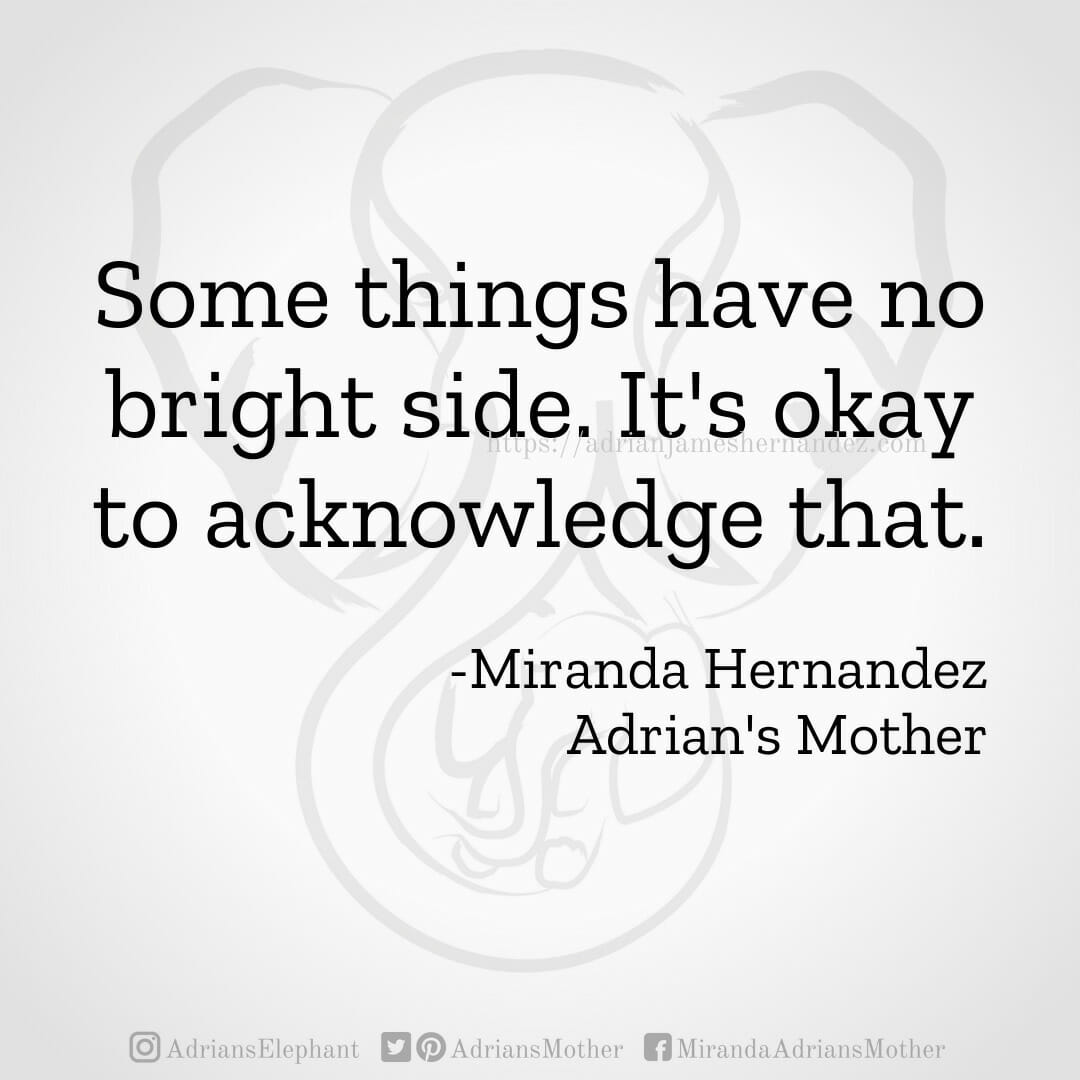

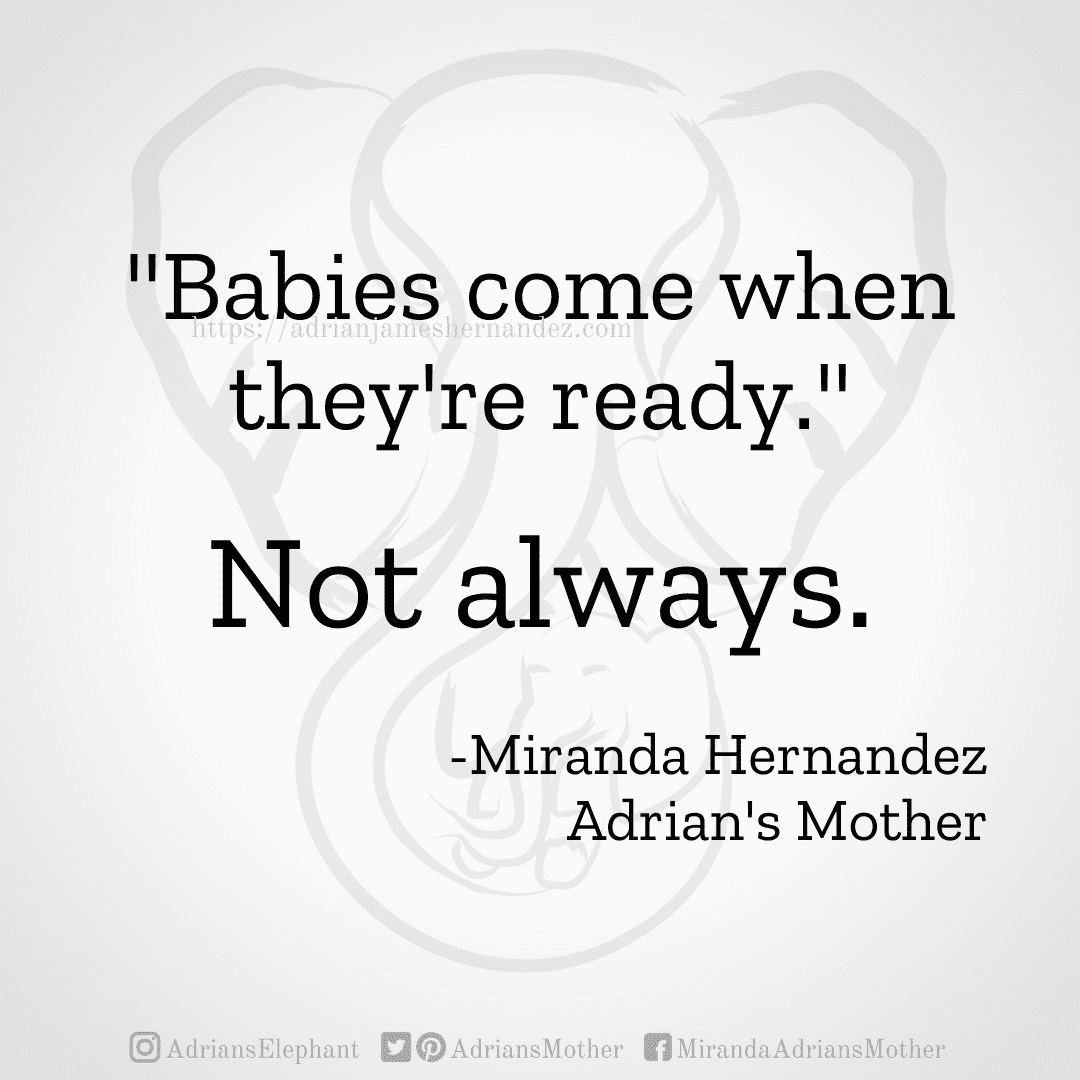

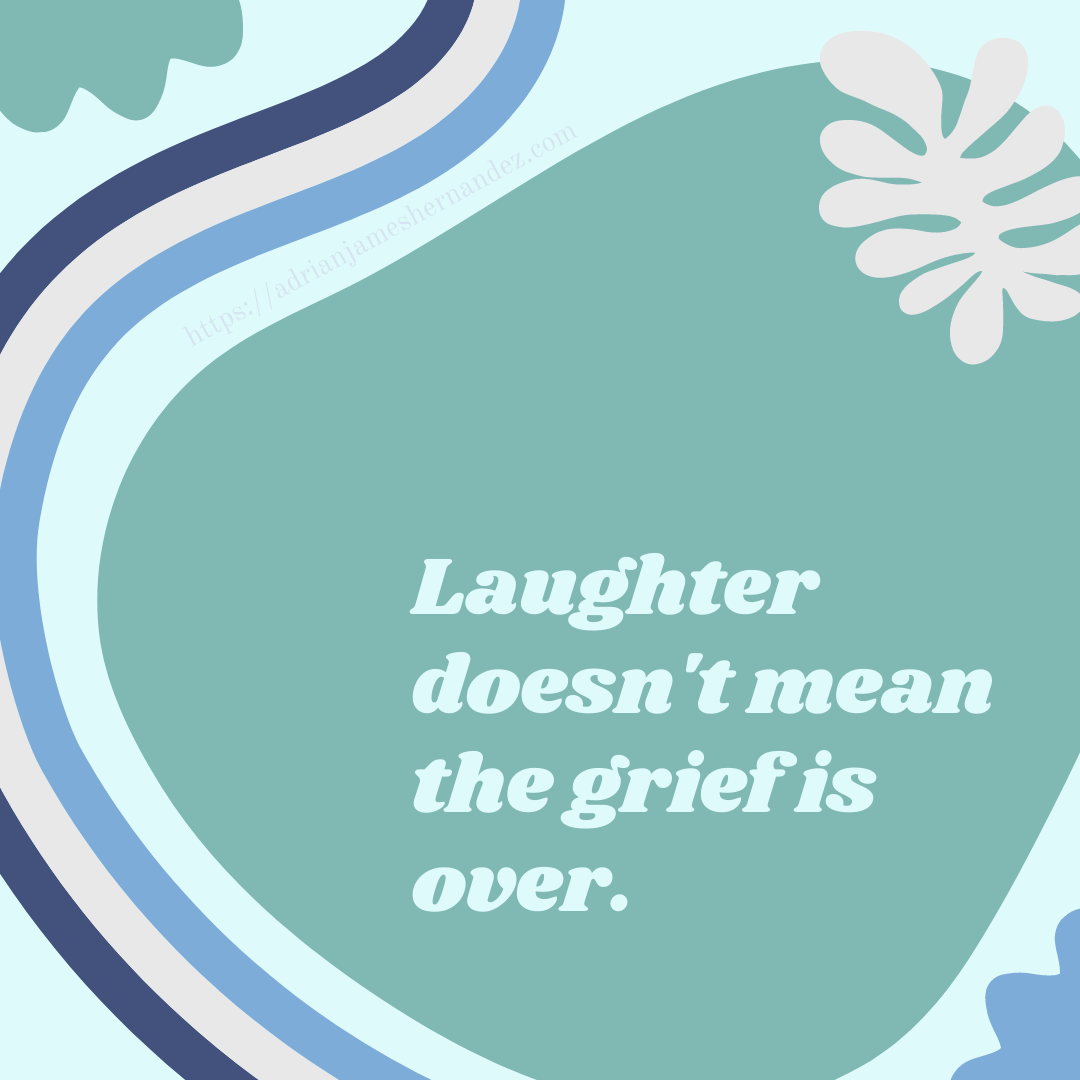

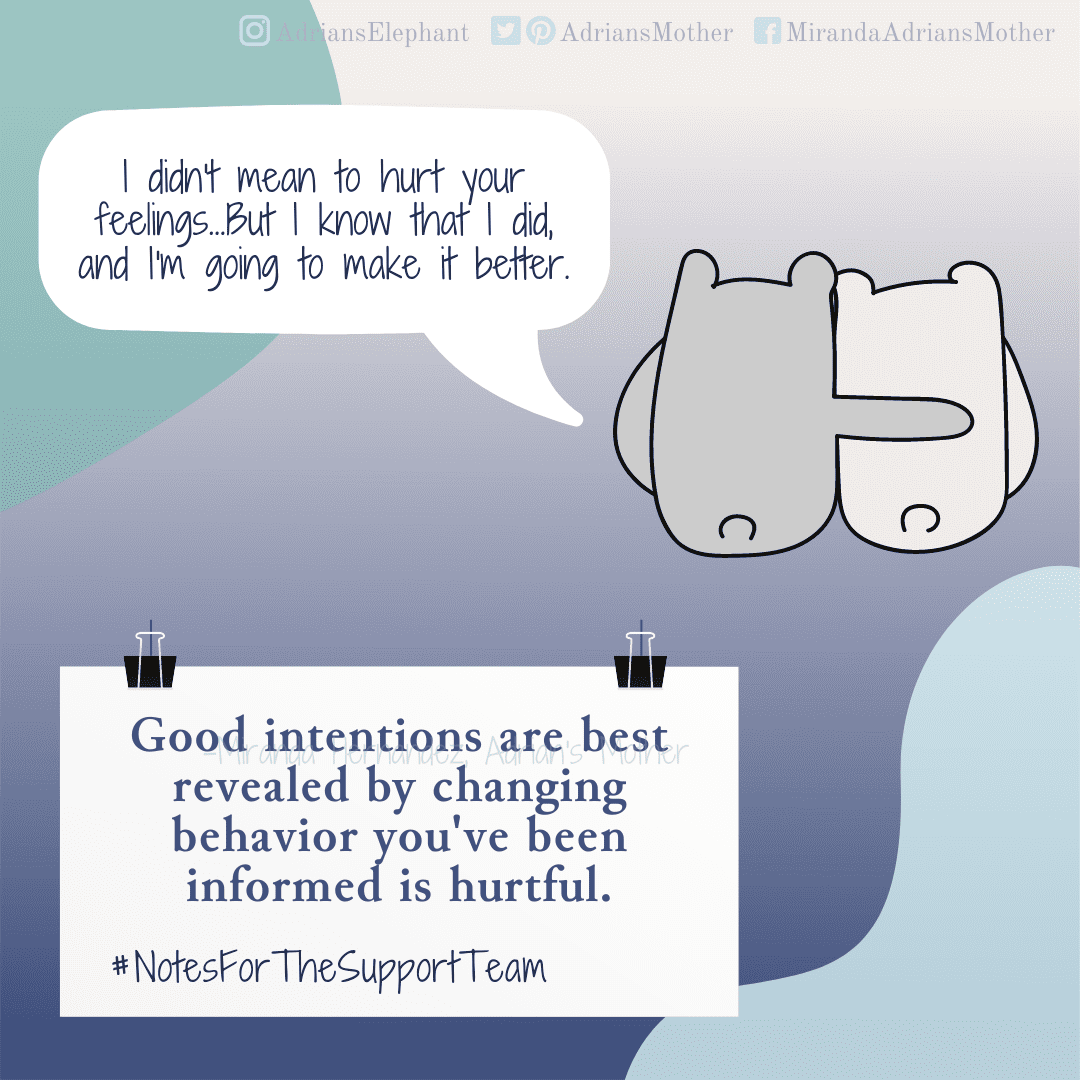




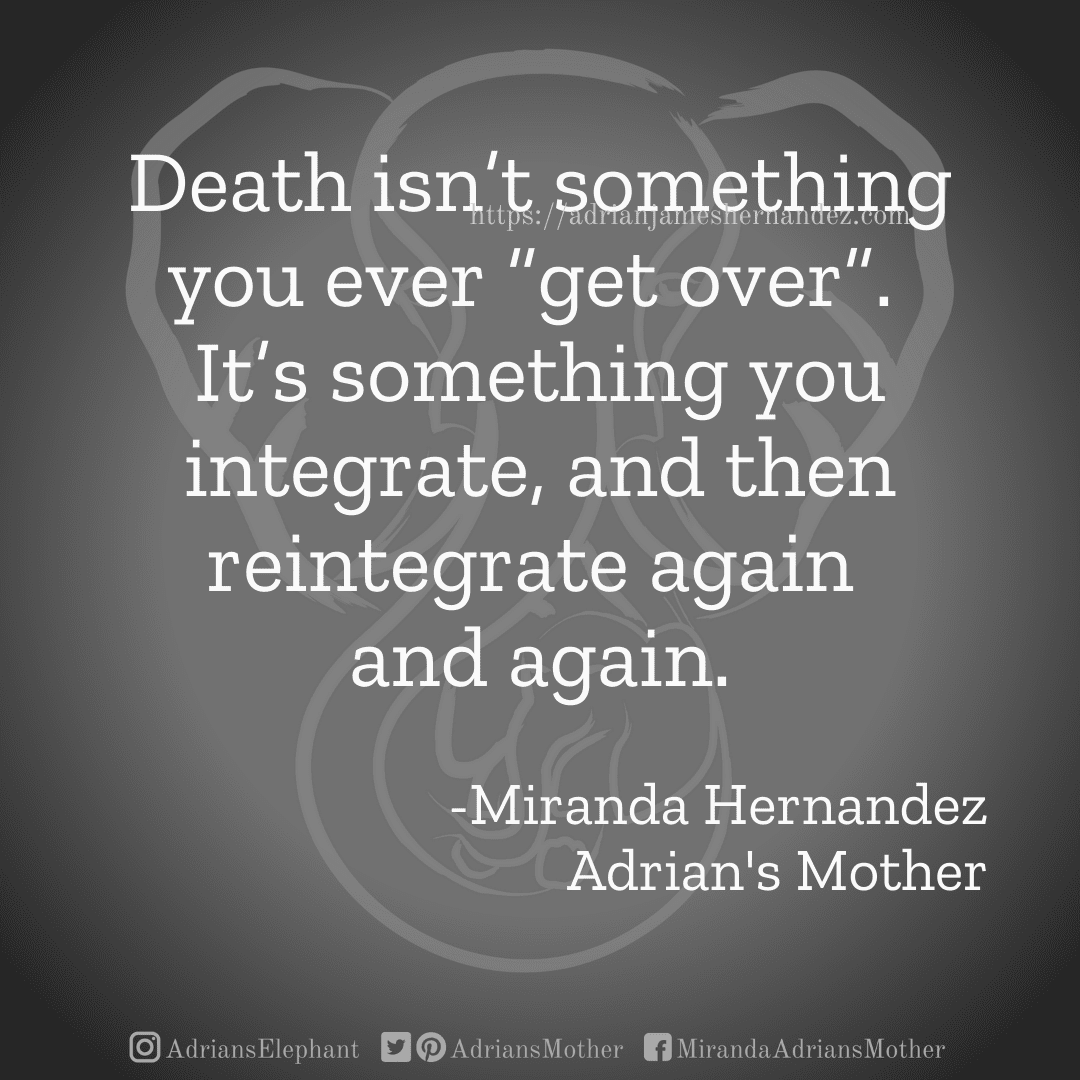

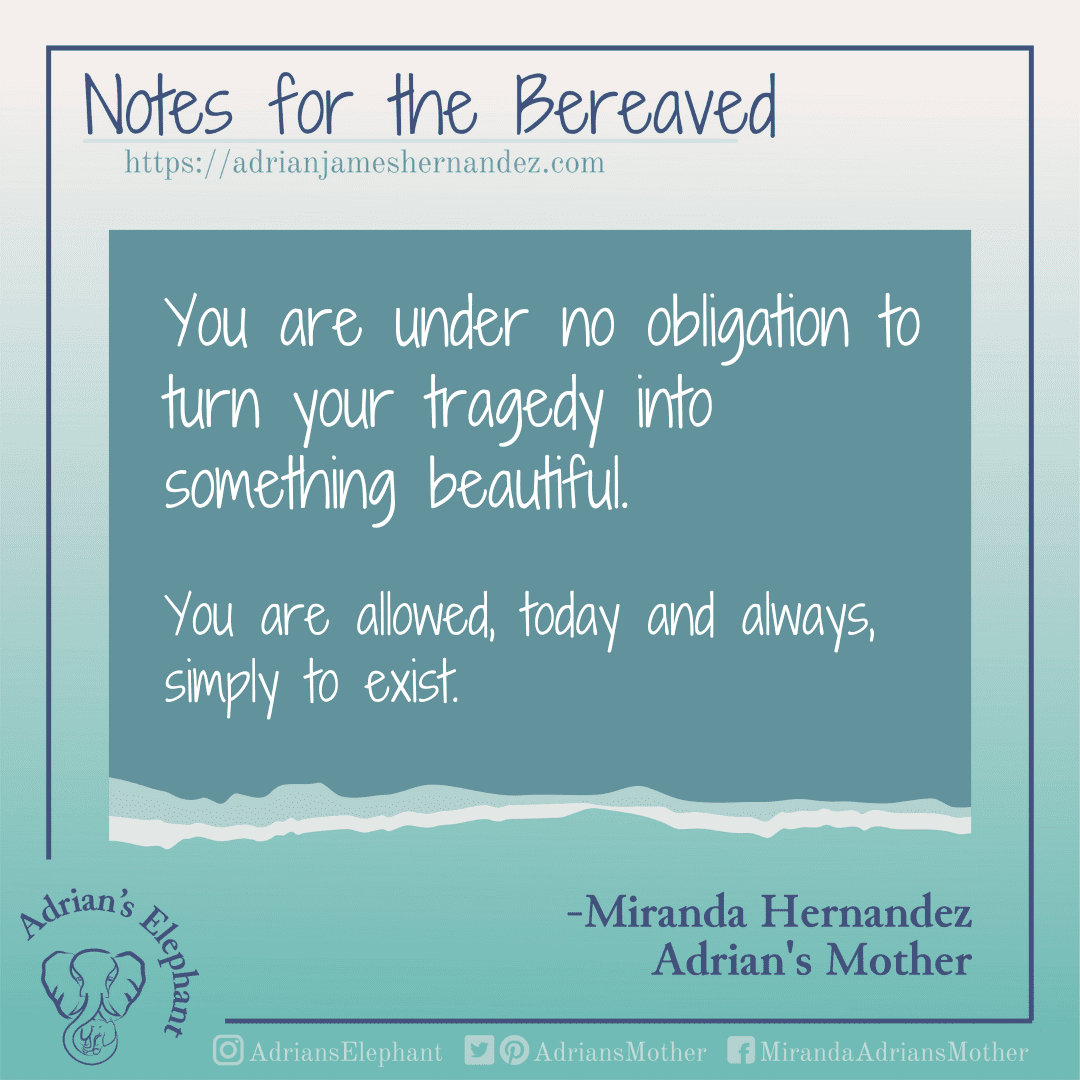
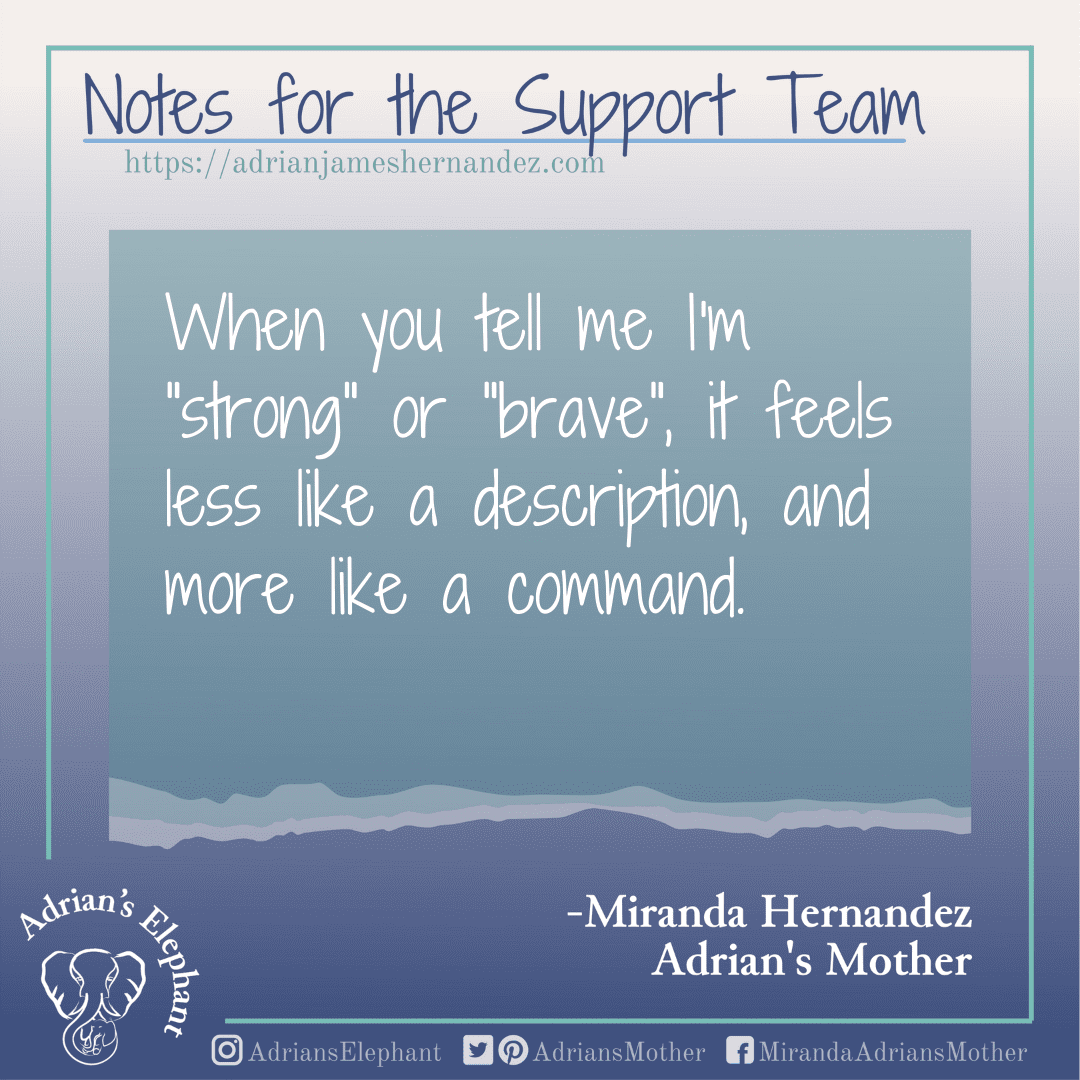






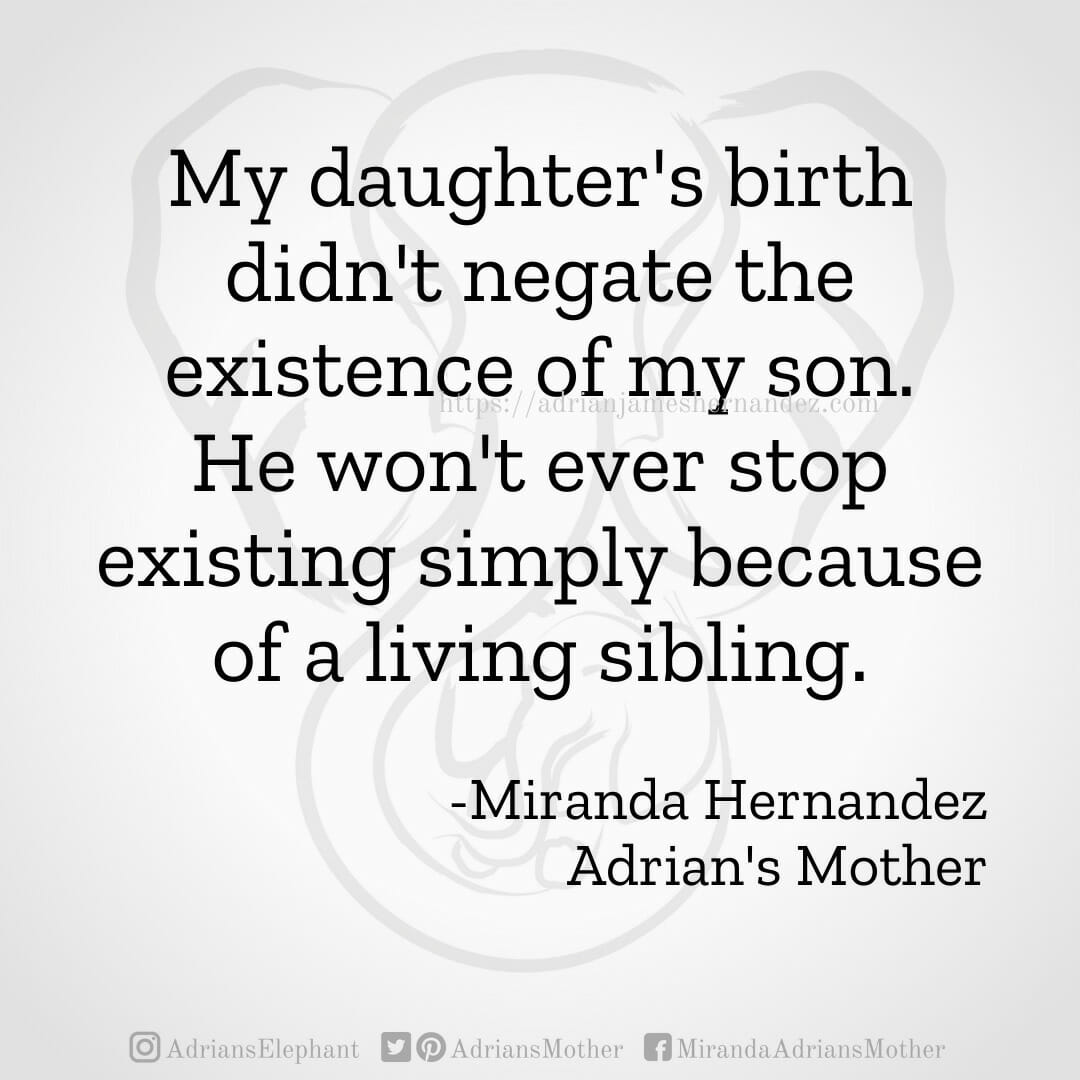




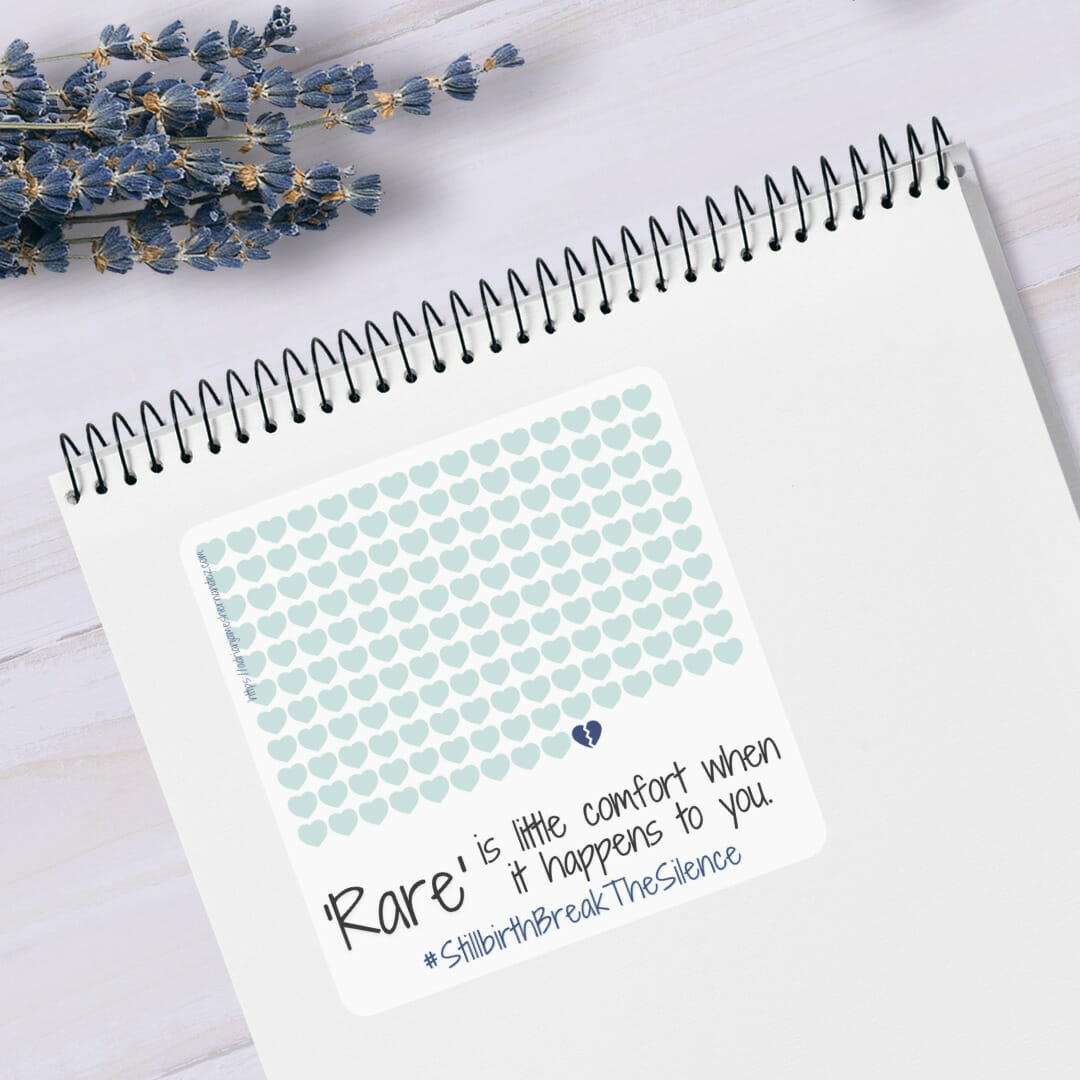
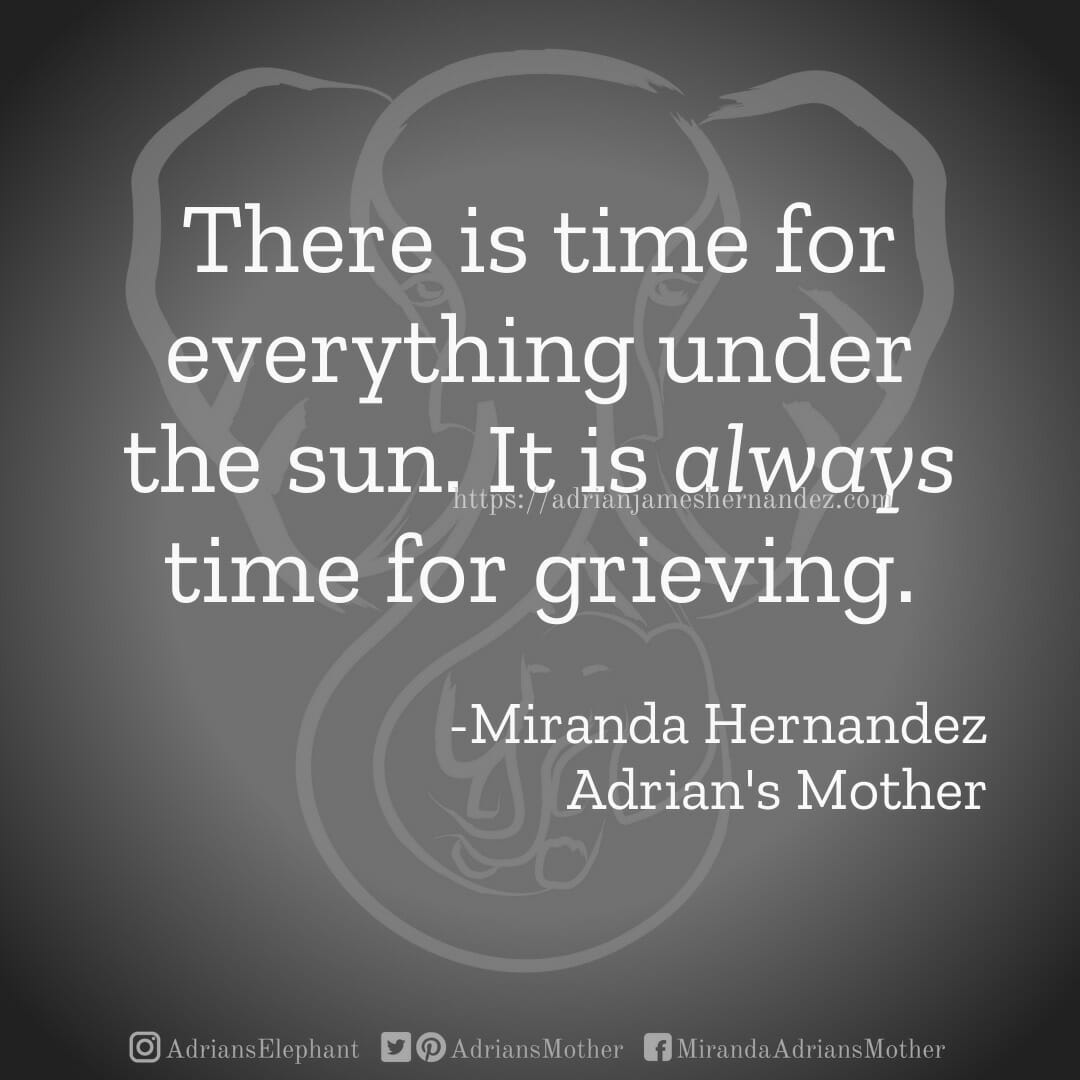


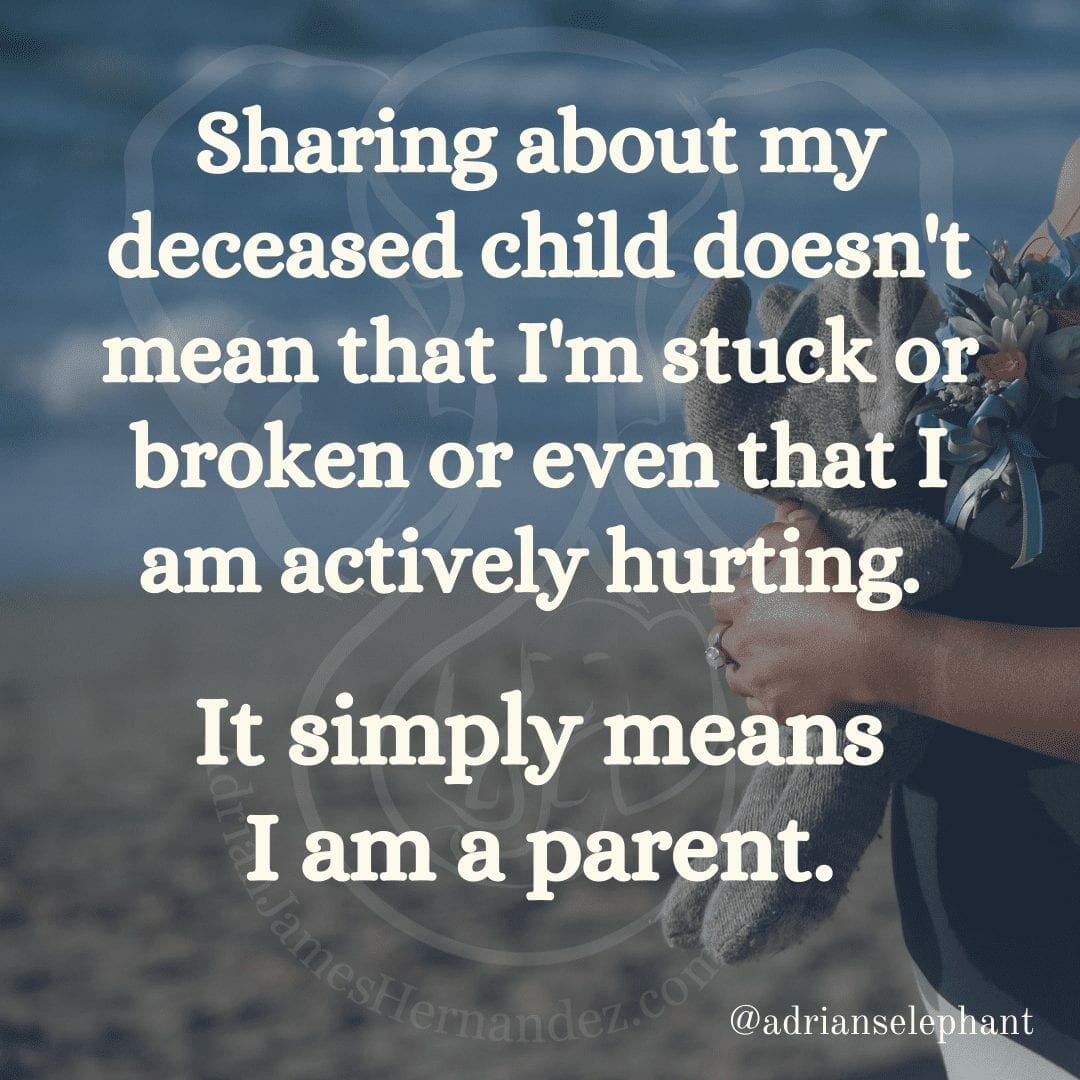



![The month of October is Pregnancy & Infant Loss Awareness month. Honoring all children lost too soon, including my child: [fill in the blank] - Sea Glass Parenting](https://adrianselephantpanda2.s3.amazonaws.com/wp-content/uploads/2021/09/30130345/Pregnancy-And-Infant-Loss-Awareness-Month-In-Honor-Of-My-Child-1-3.jpg)

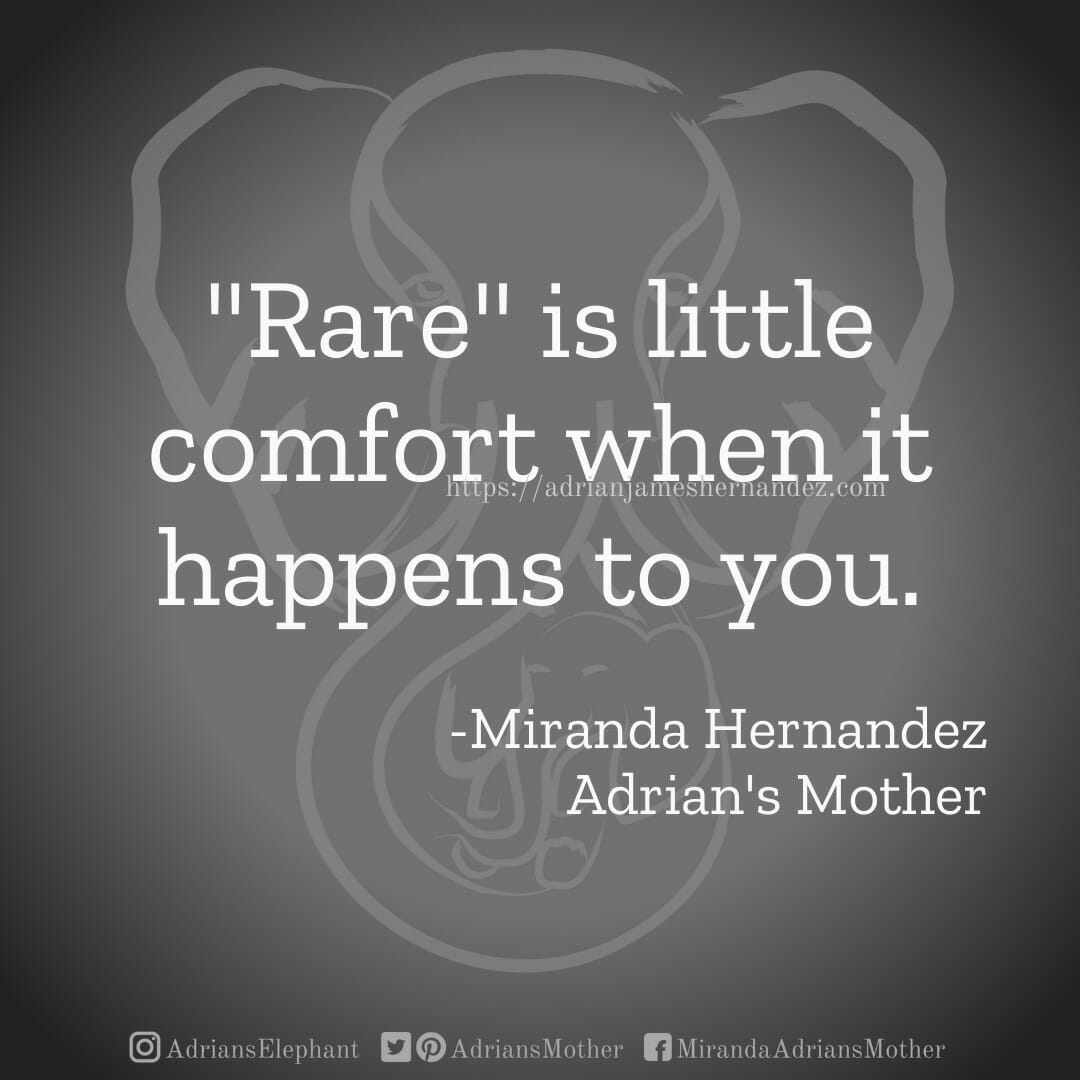




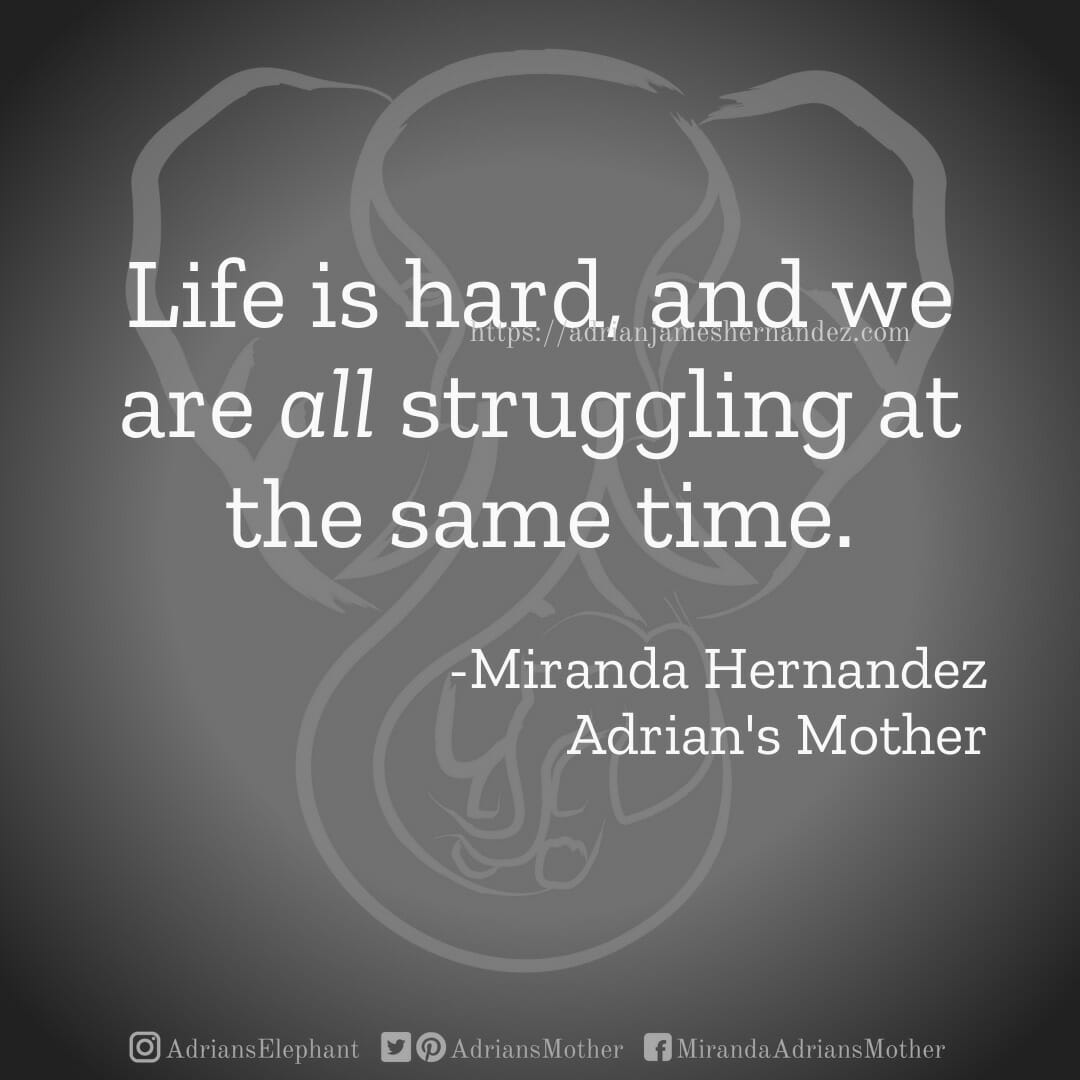

!["This is my [Fill in the Blank] Mother's Day. Thank you for remembering and honoring my child and my motherhood this year" in blue text inside a white circle surrounded by a yellow abstract design. Five pink and green flowers surround the image.](https://adrianselephantpanda2.s3.amazonaws.com/wp-content/uploads/2022/04/27094844/4.png)




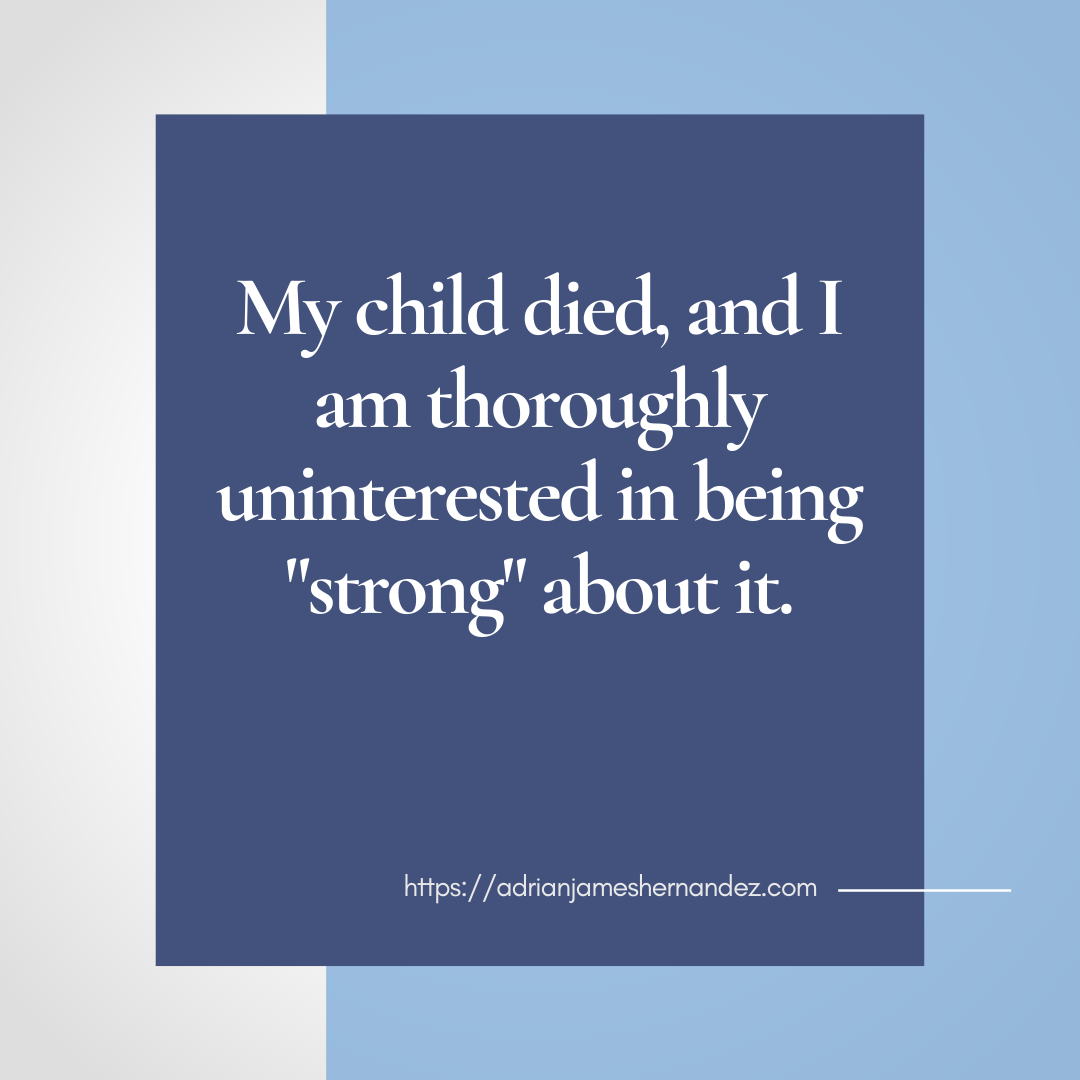

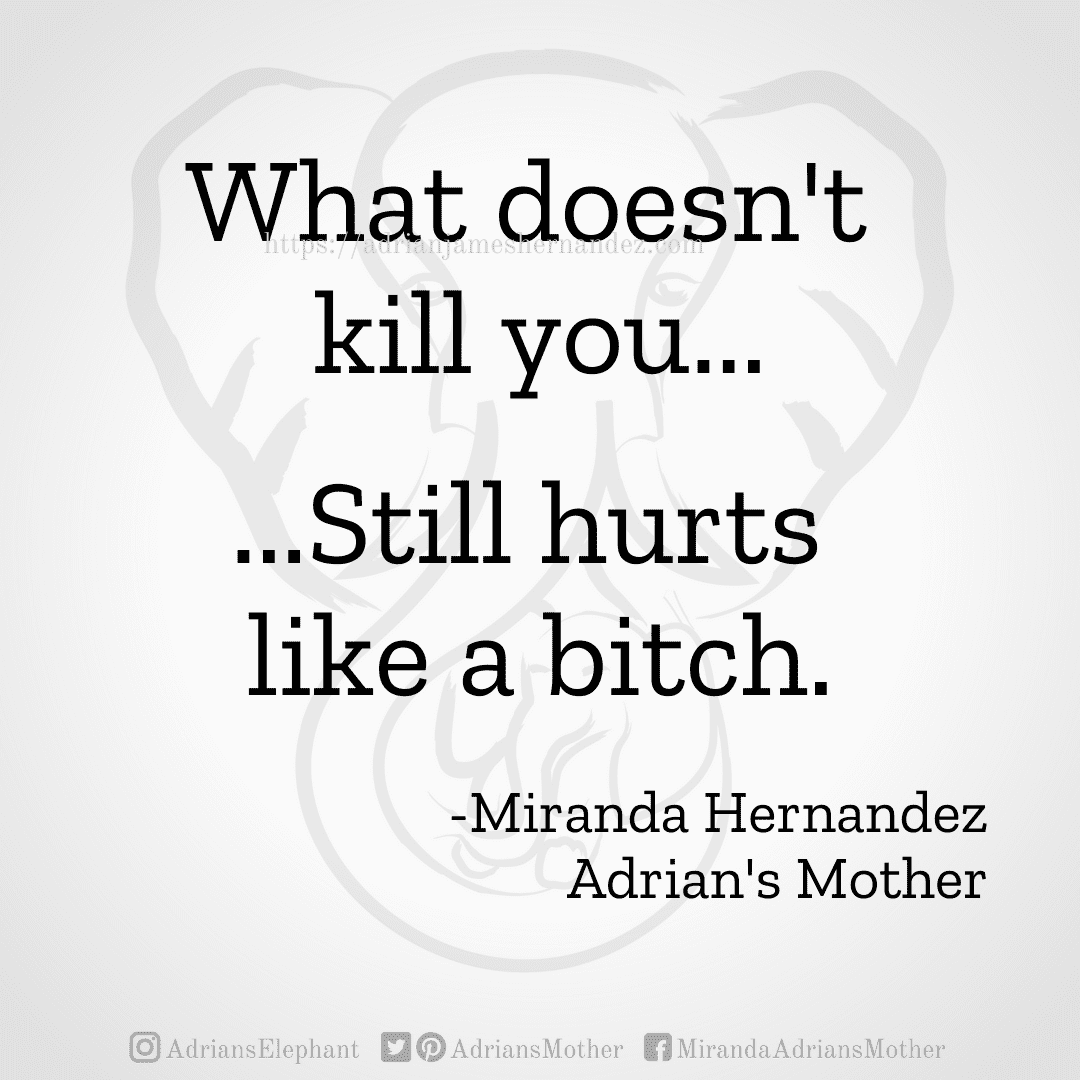




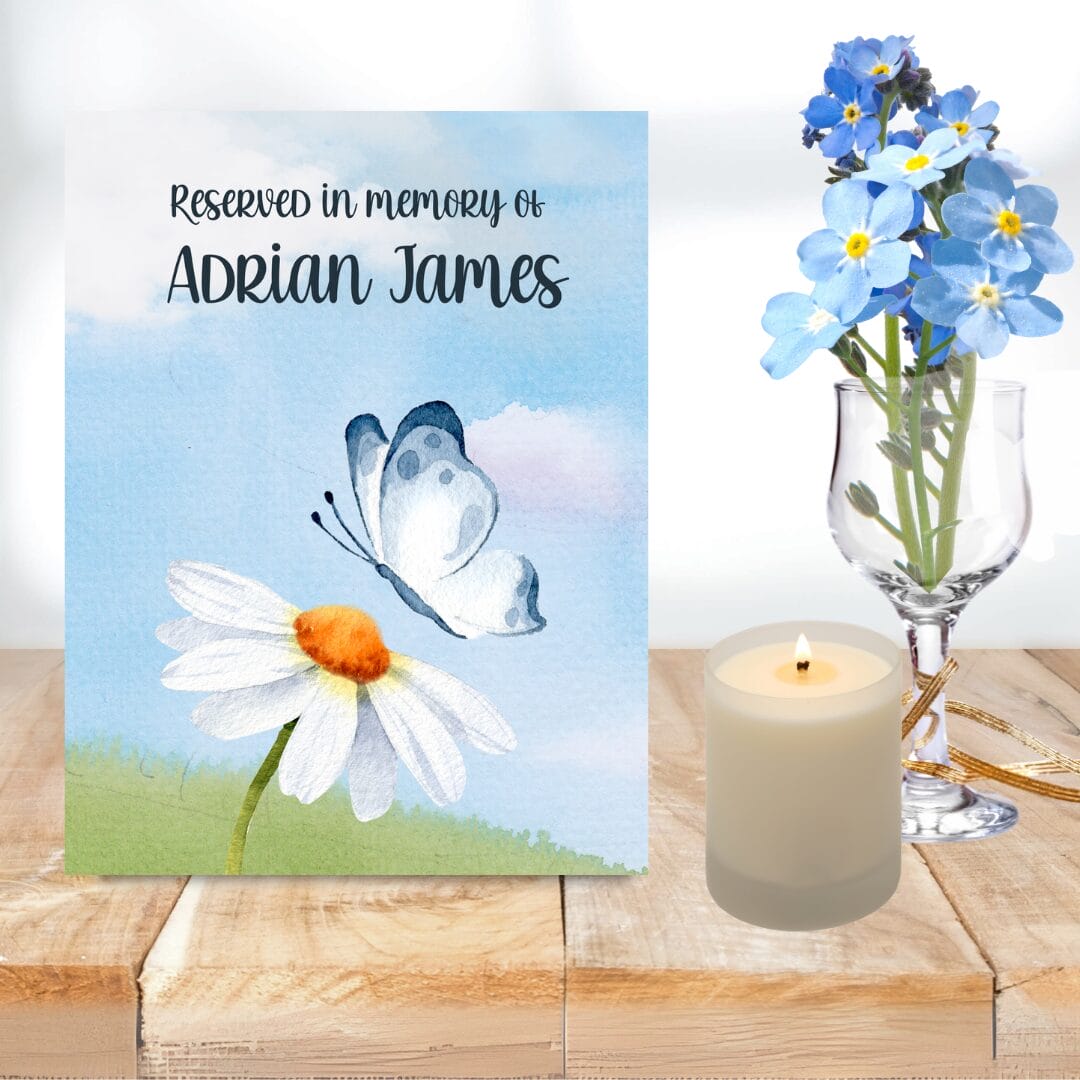

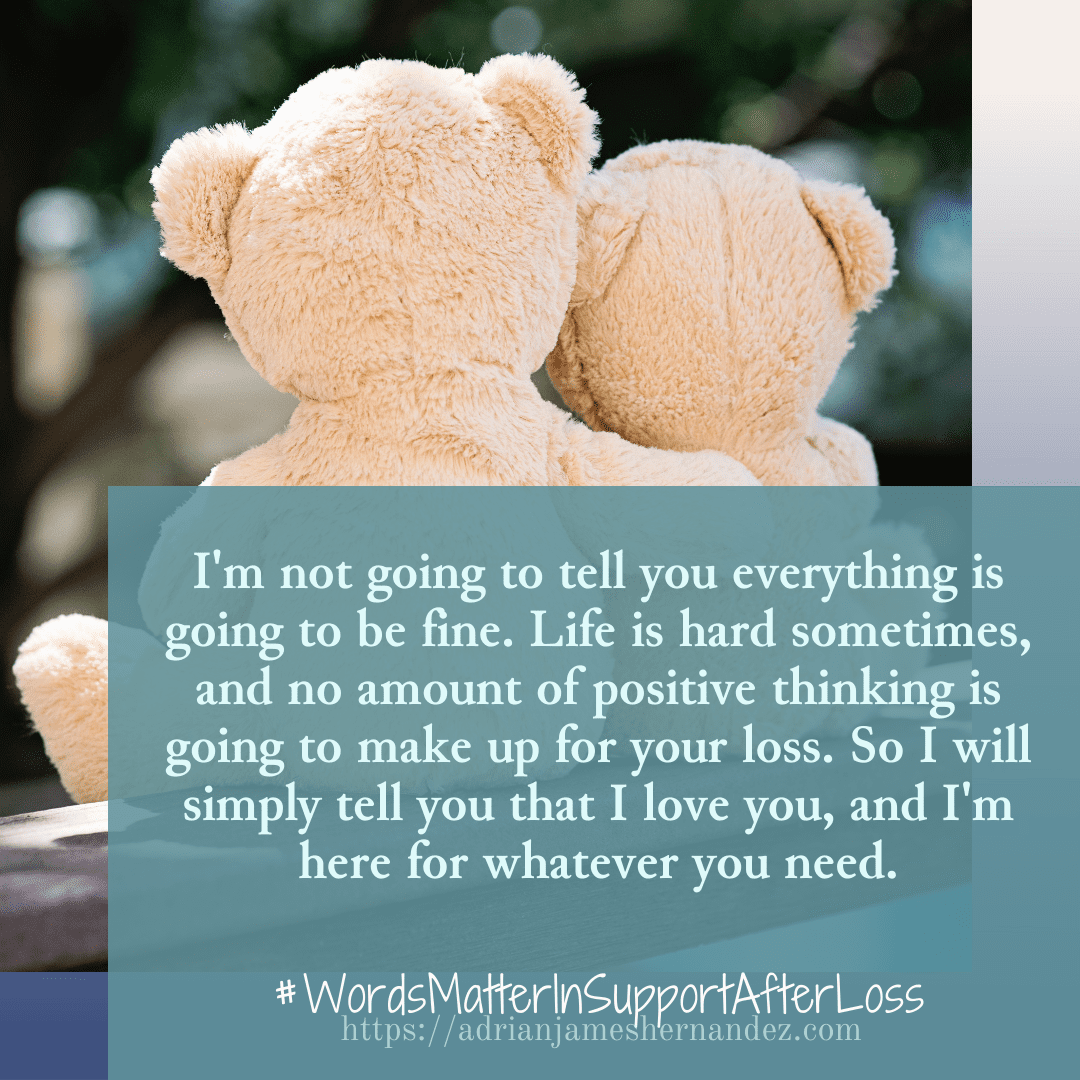



![Baby loss greeting card: In honor of the birthday of [fill in the blank], I have made a donation to [fill in the blank] - Sea Glass Parenting](https://adrianselephantpanda2.s3.amazonaws.com/wp-content/uploads/2022/05/22174434/SGPCardFlat-In-Honor-Of-Your-Childs-Birthday-I-Made-A-Donation-To-IG-9.jpg)






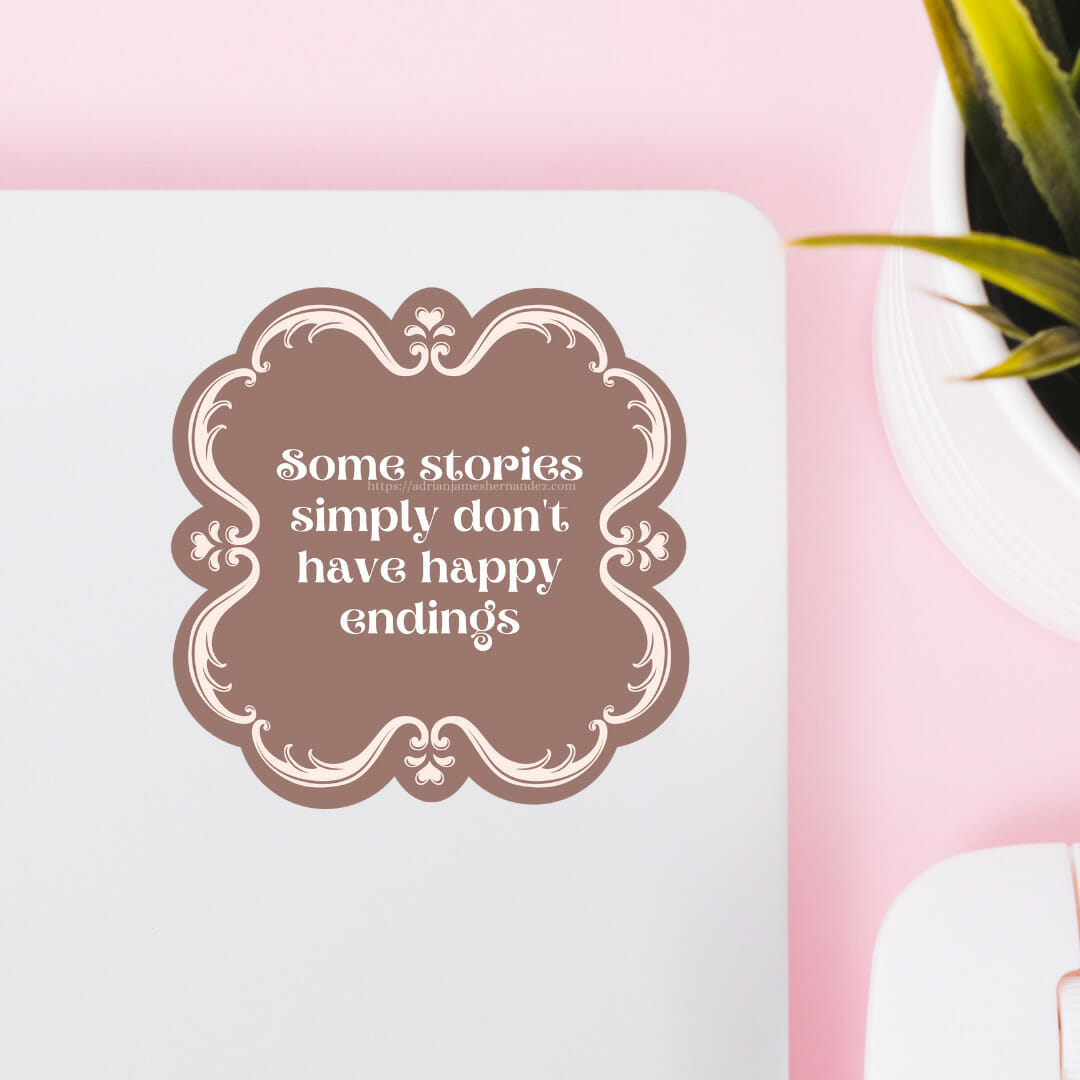
![Birthday message for deceased child card: Happy Birthday, [Fill in name]. I love you - Sea Glass Parenting](https://adrianselephantpanda2.s3.amazonaws.com/wp-content/uploads/2022/06/26130207/SGPCardFlat-Happy-Birthday-I-Love-You-Fill-In-Name-Birthday-Cake-IG-8.jpg)
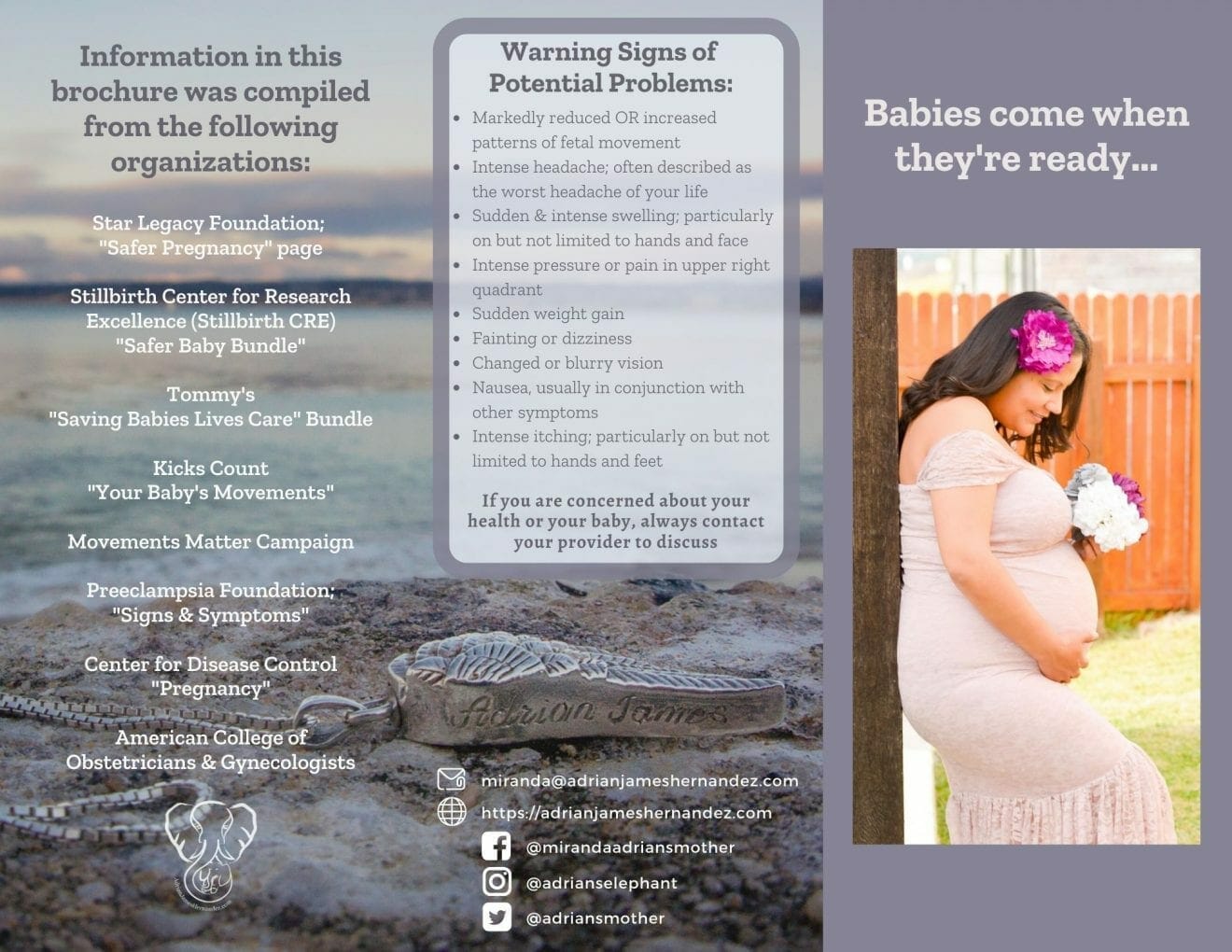
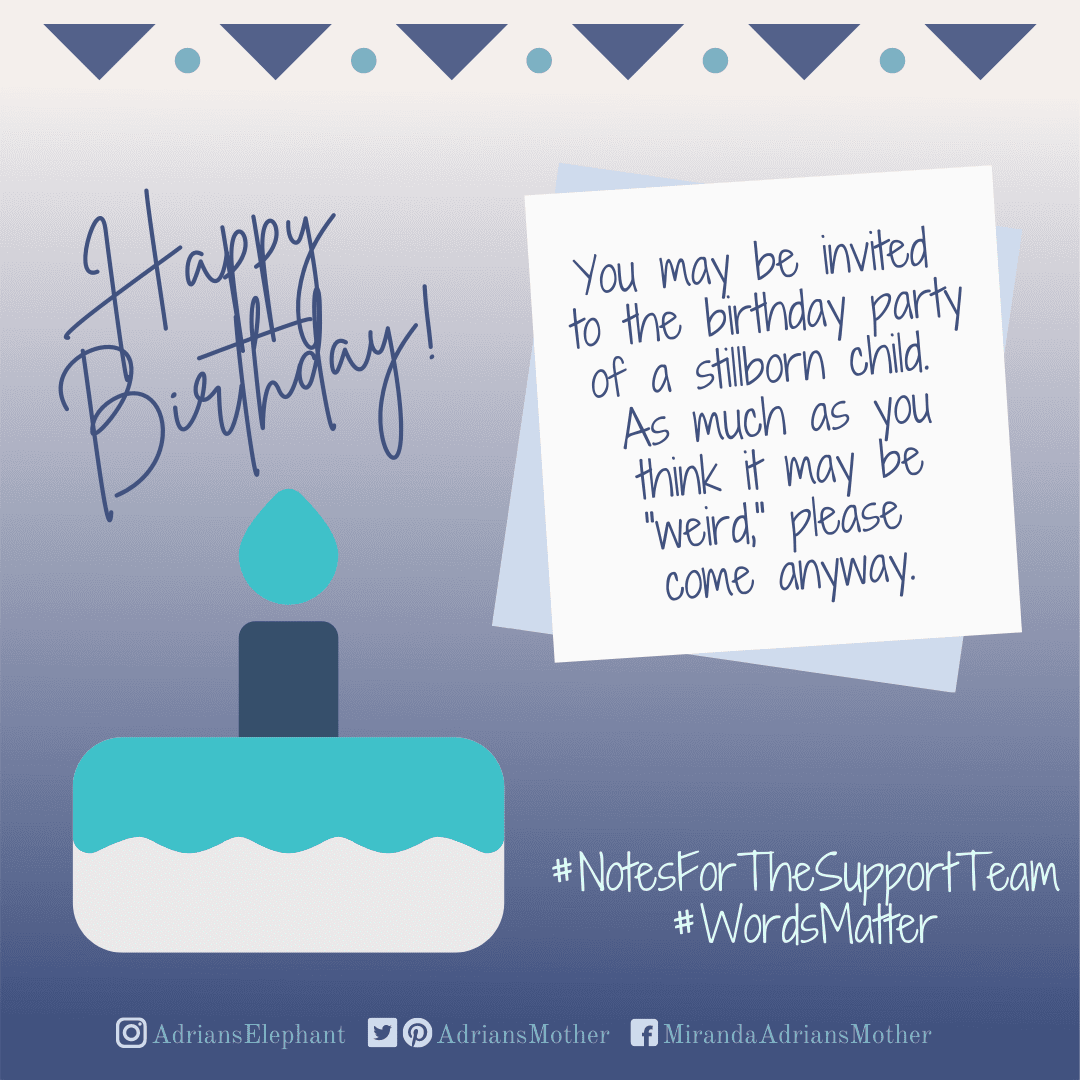
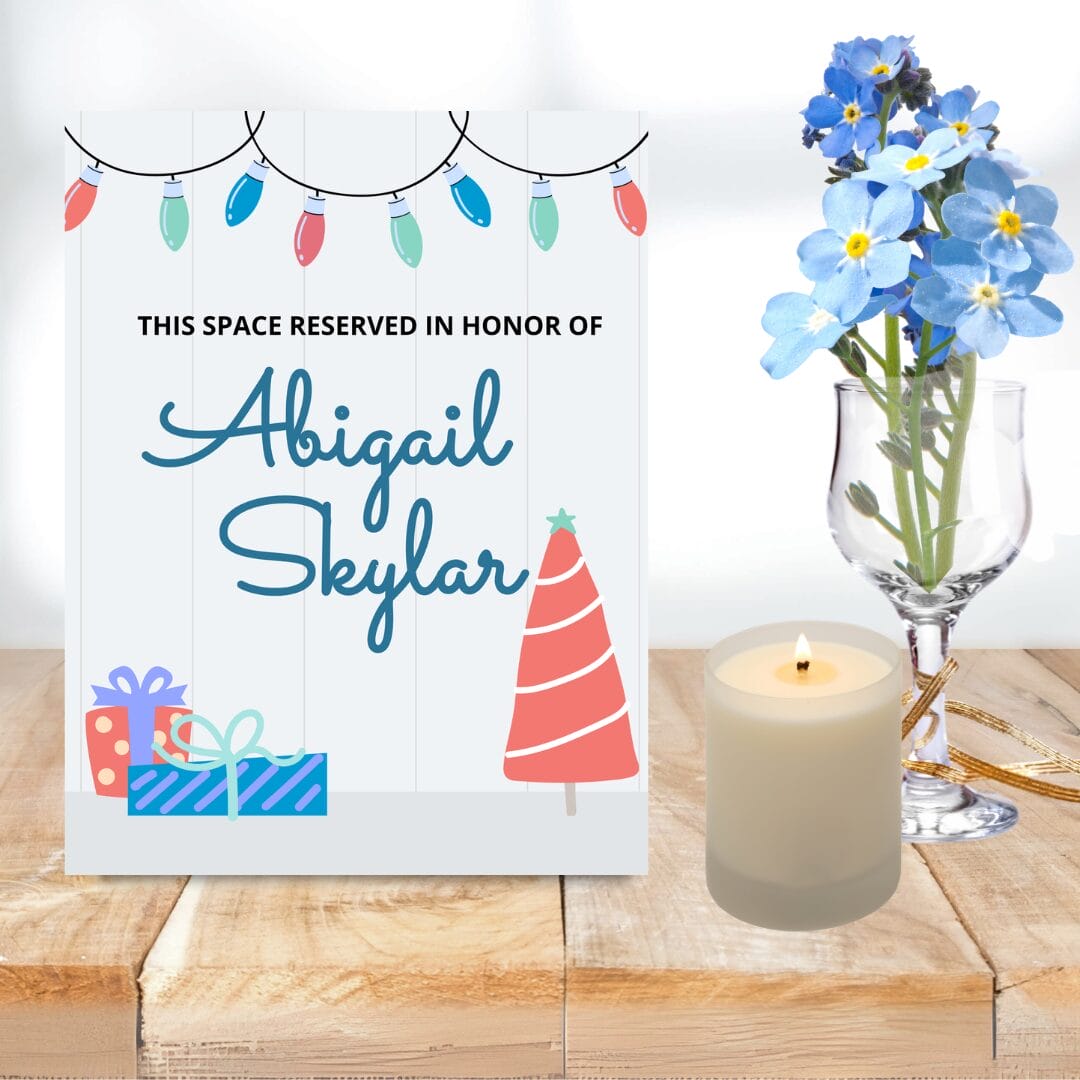


![This random act of kindness performed in memory of : [fill in the blank]. Please pass the kindness along to help keep their memory alive.](https://adrianselephantpanda2.s3.amazonaws.com/wp-content/uploads/2022/06/18095256/Act-Of-Kindness-In-Memory-Of-Card-2.png)


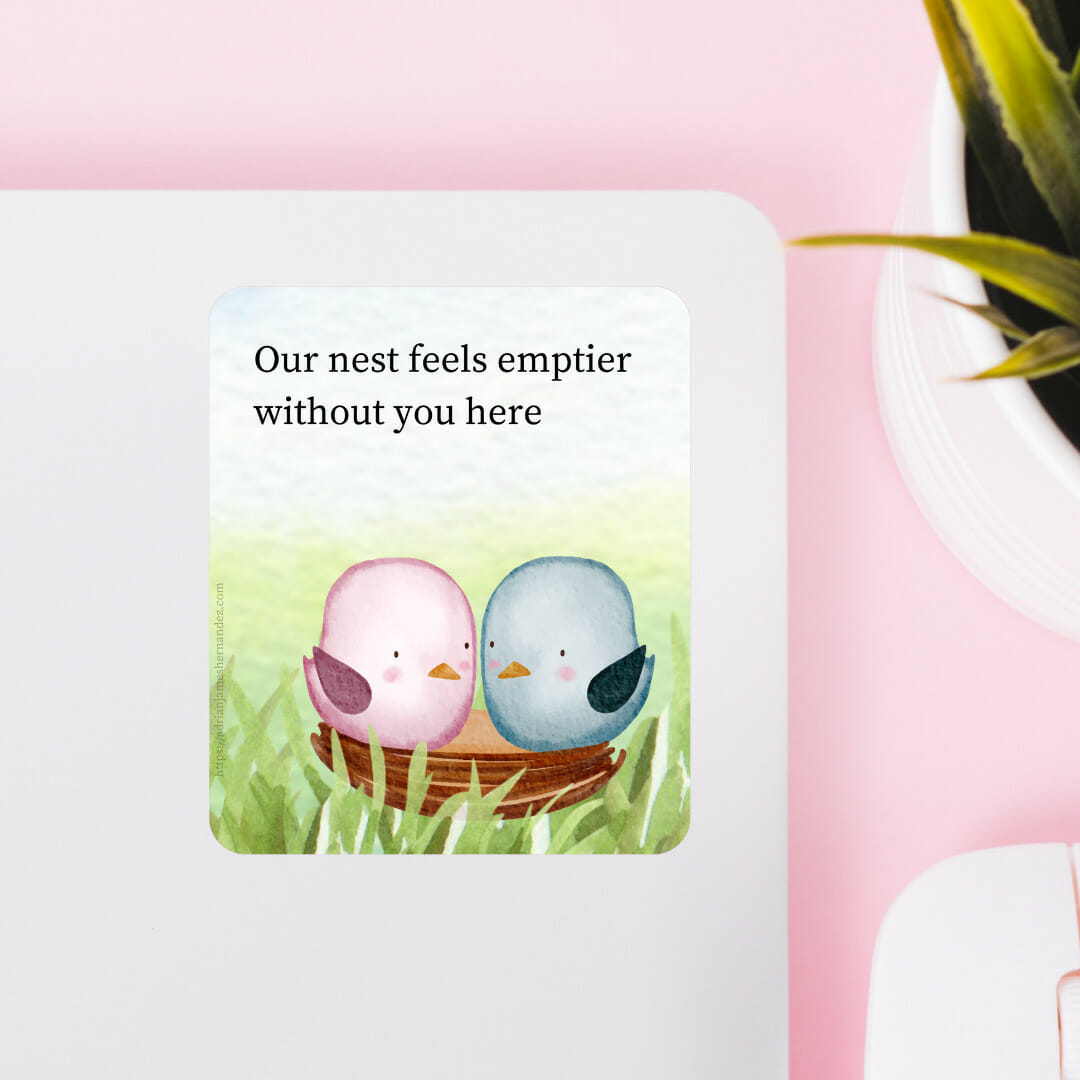



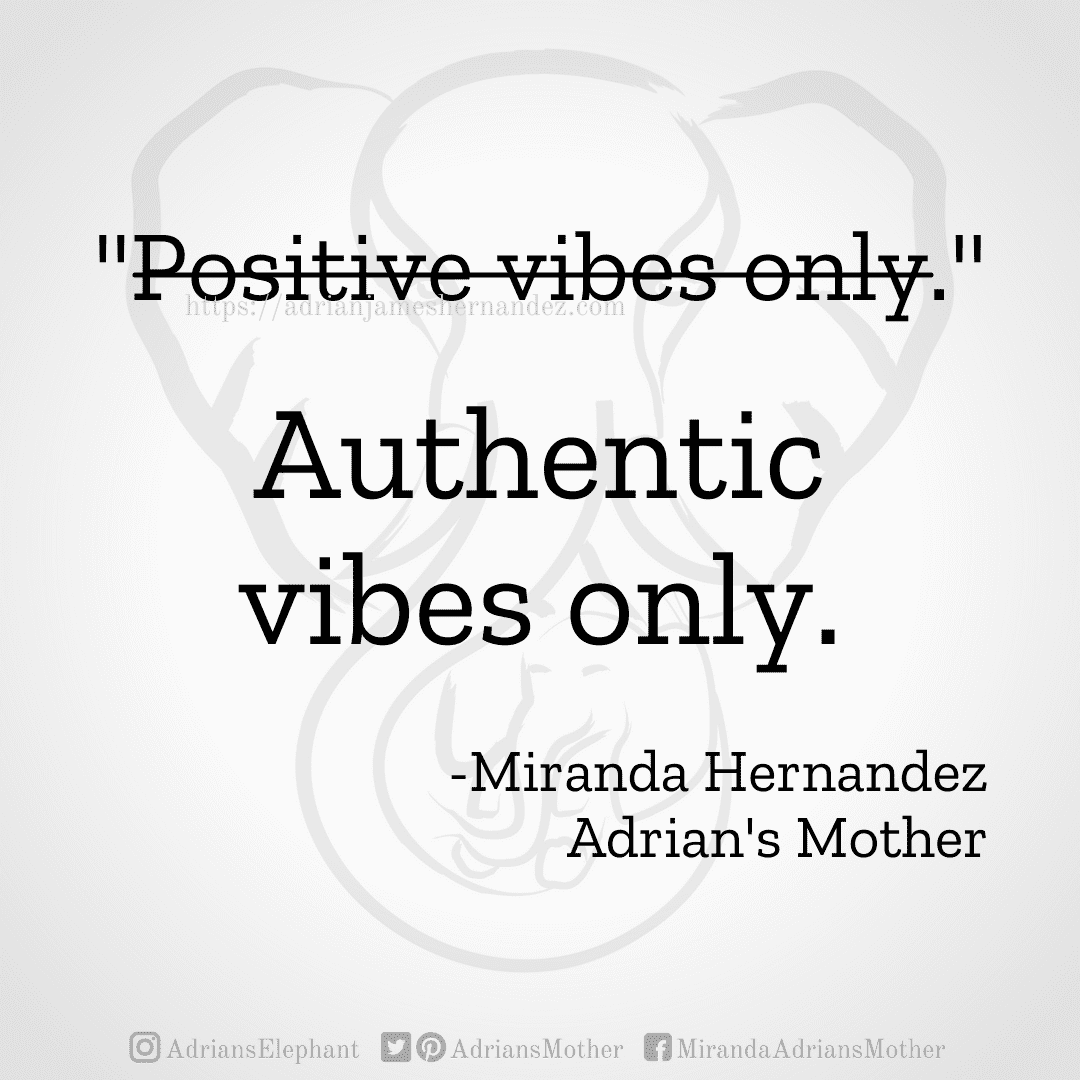





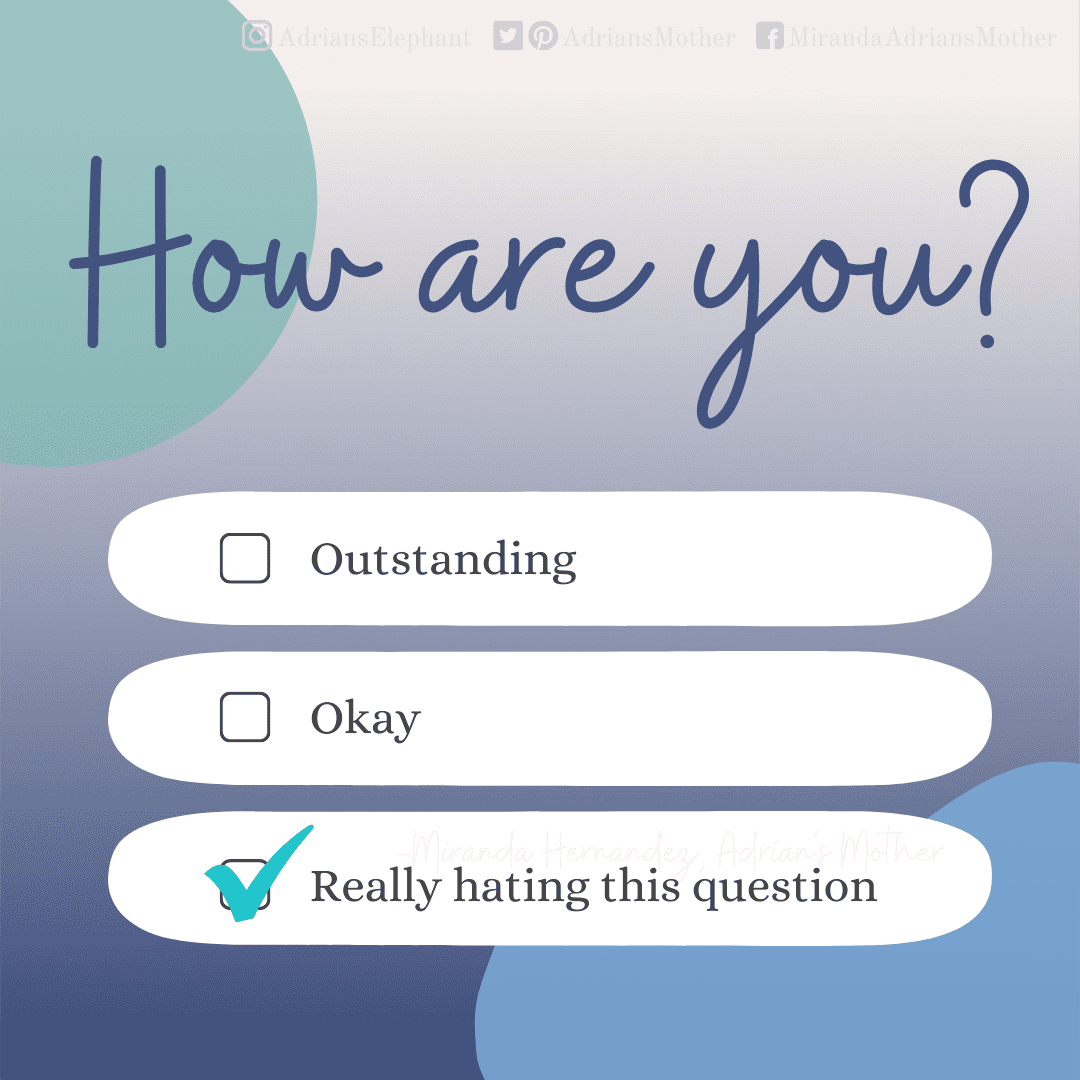










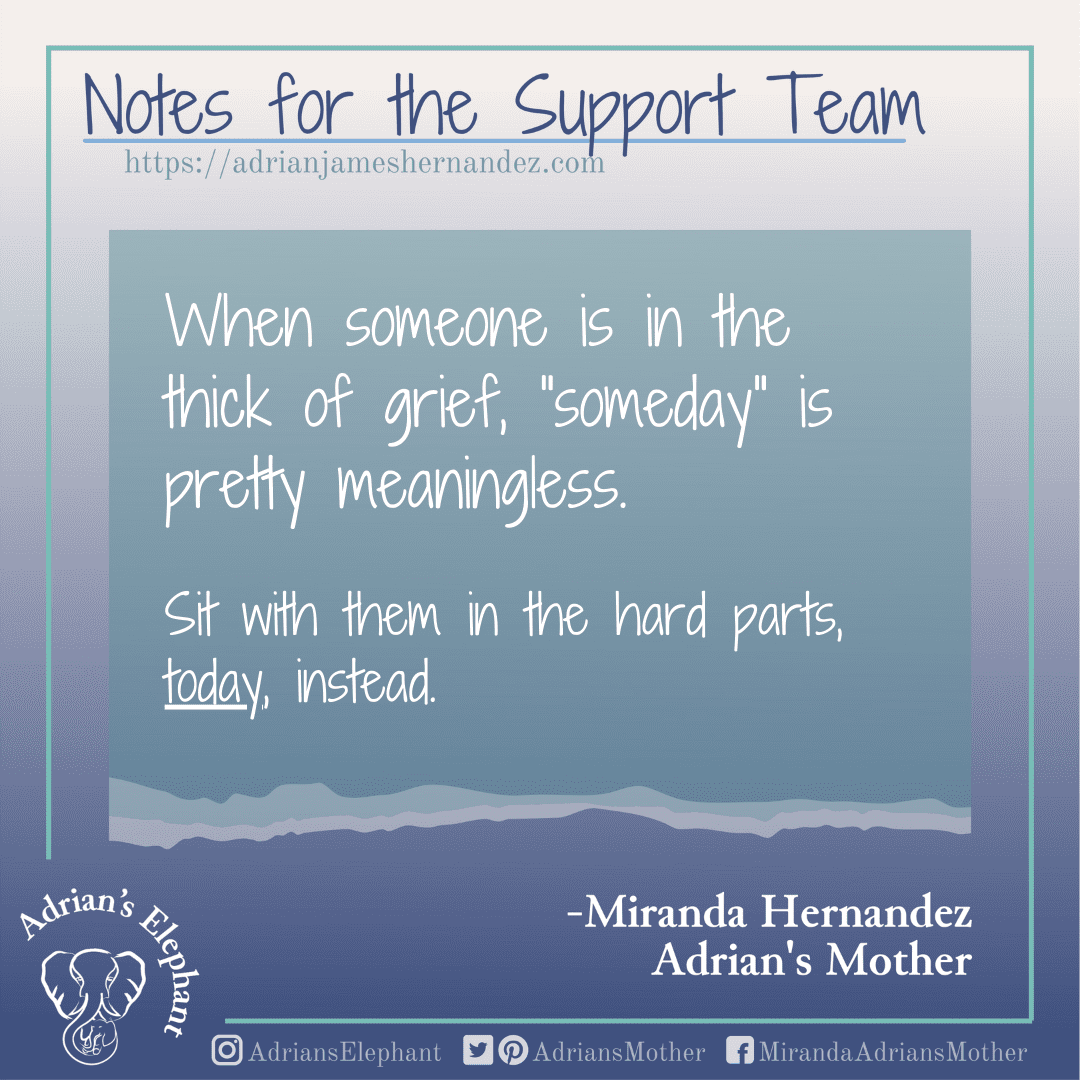
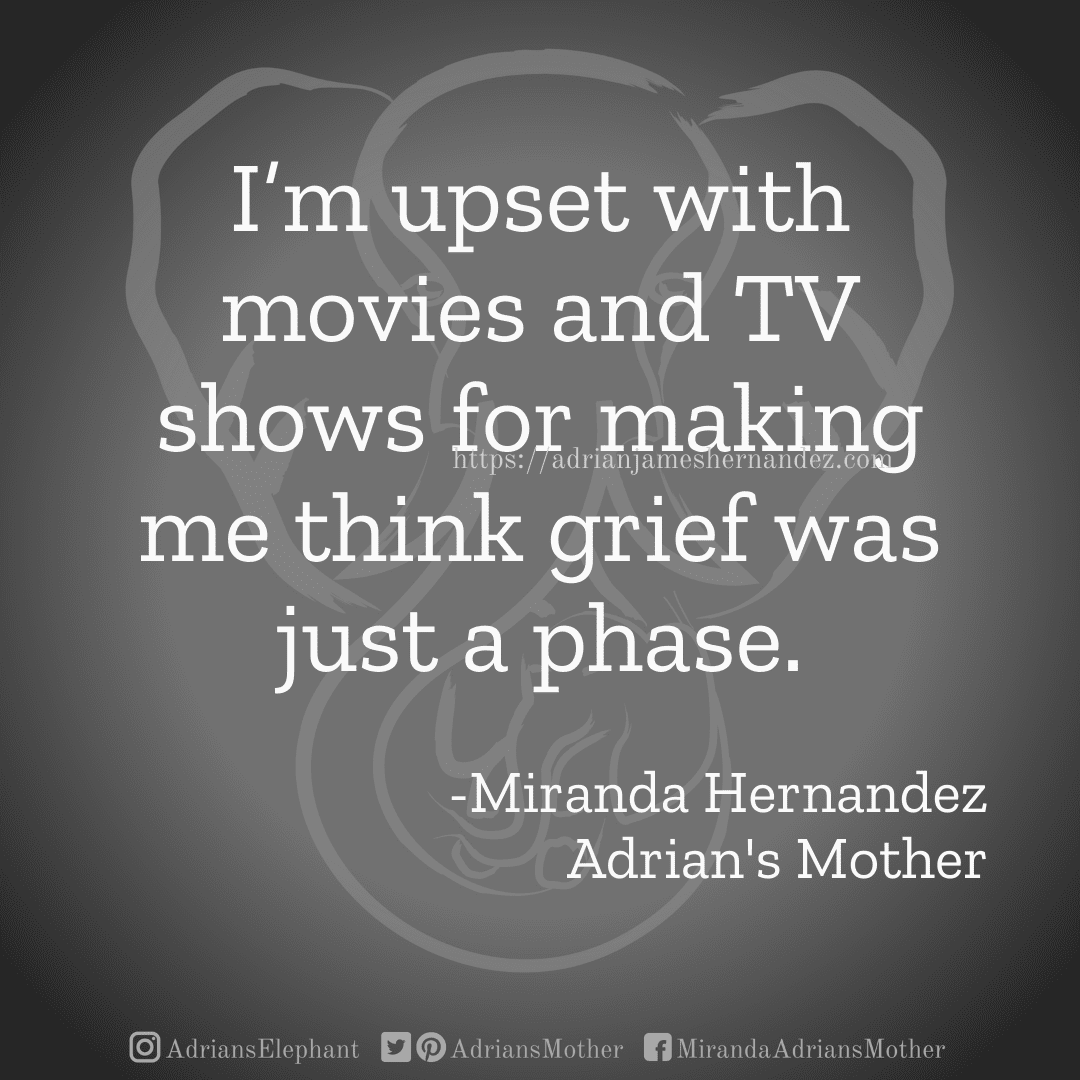



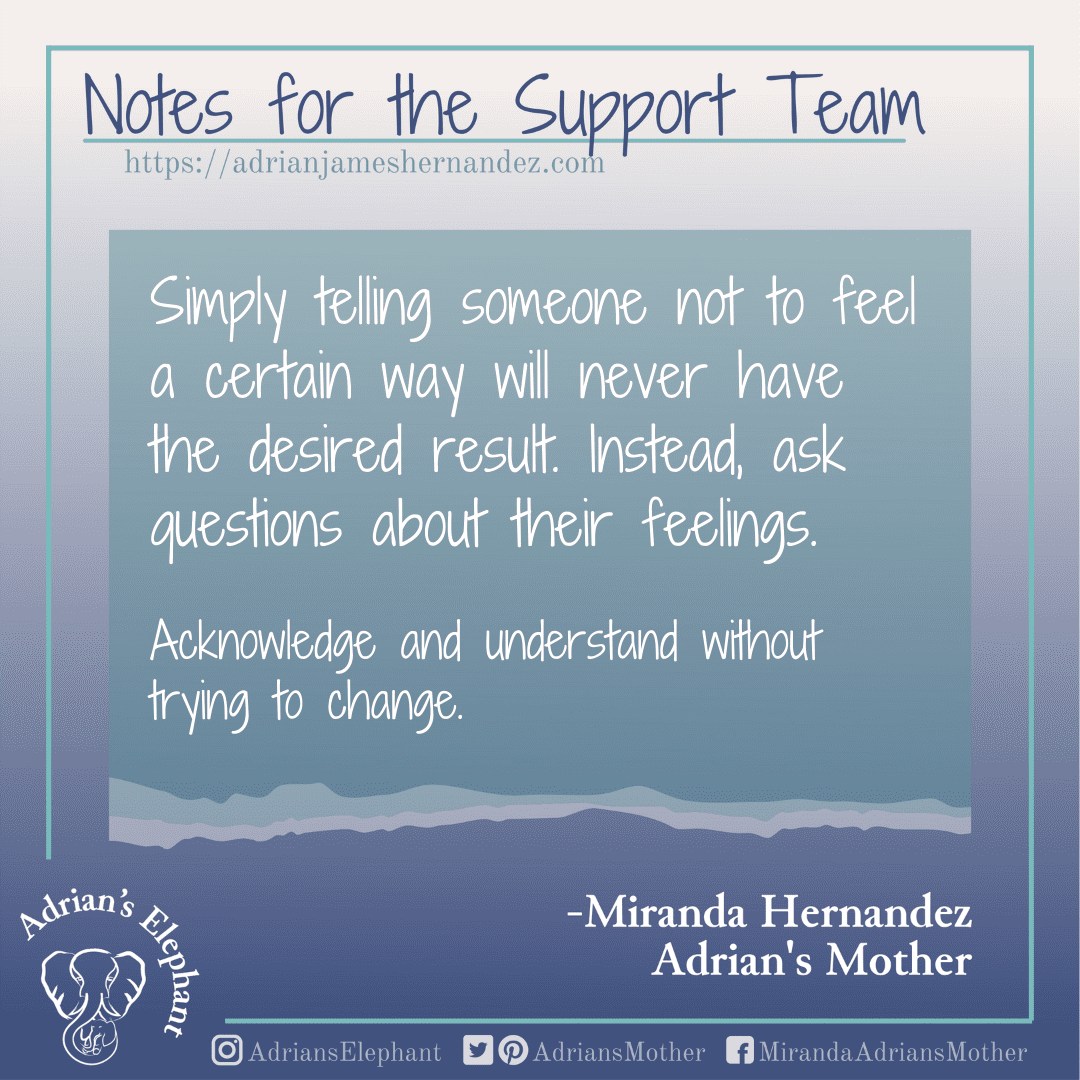



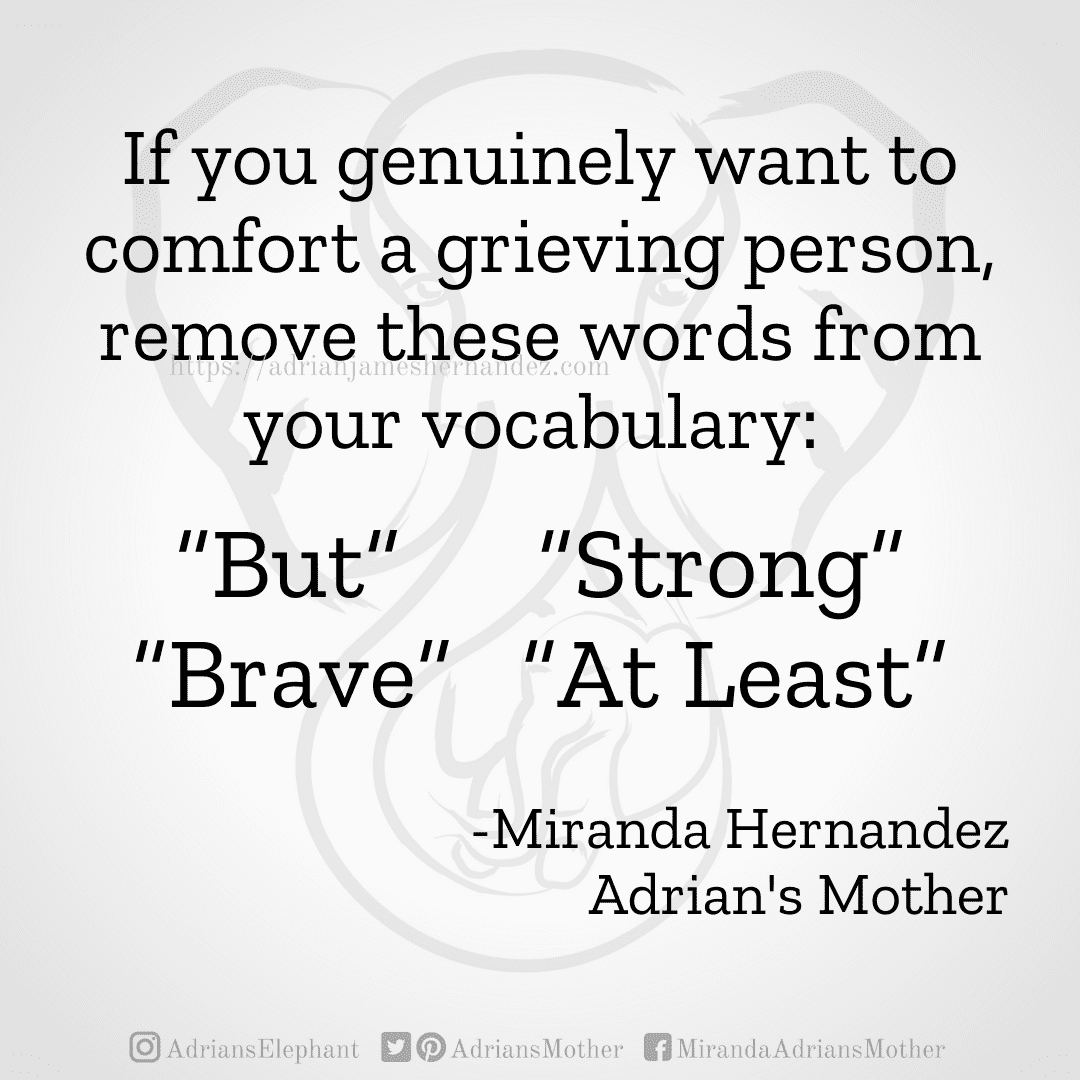














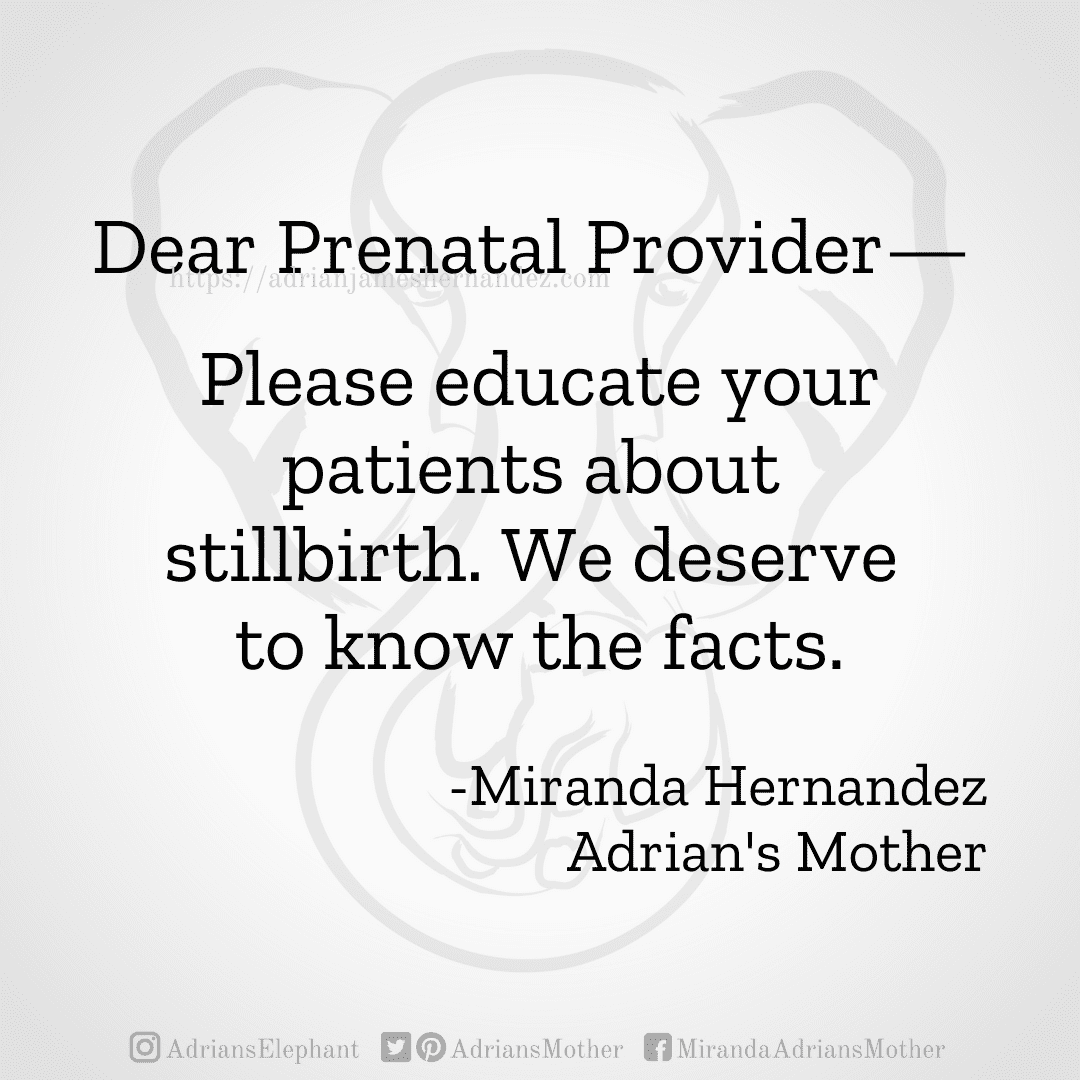


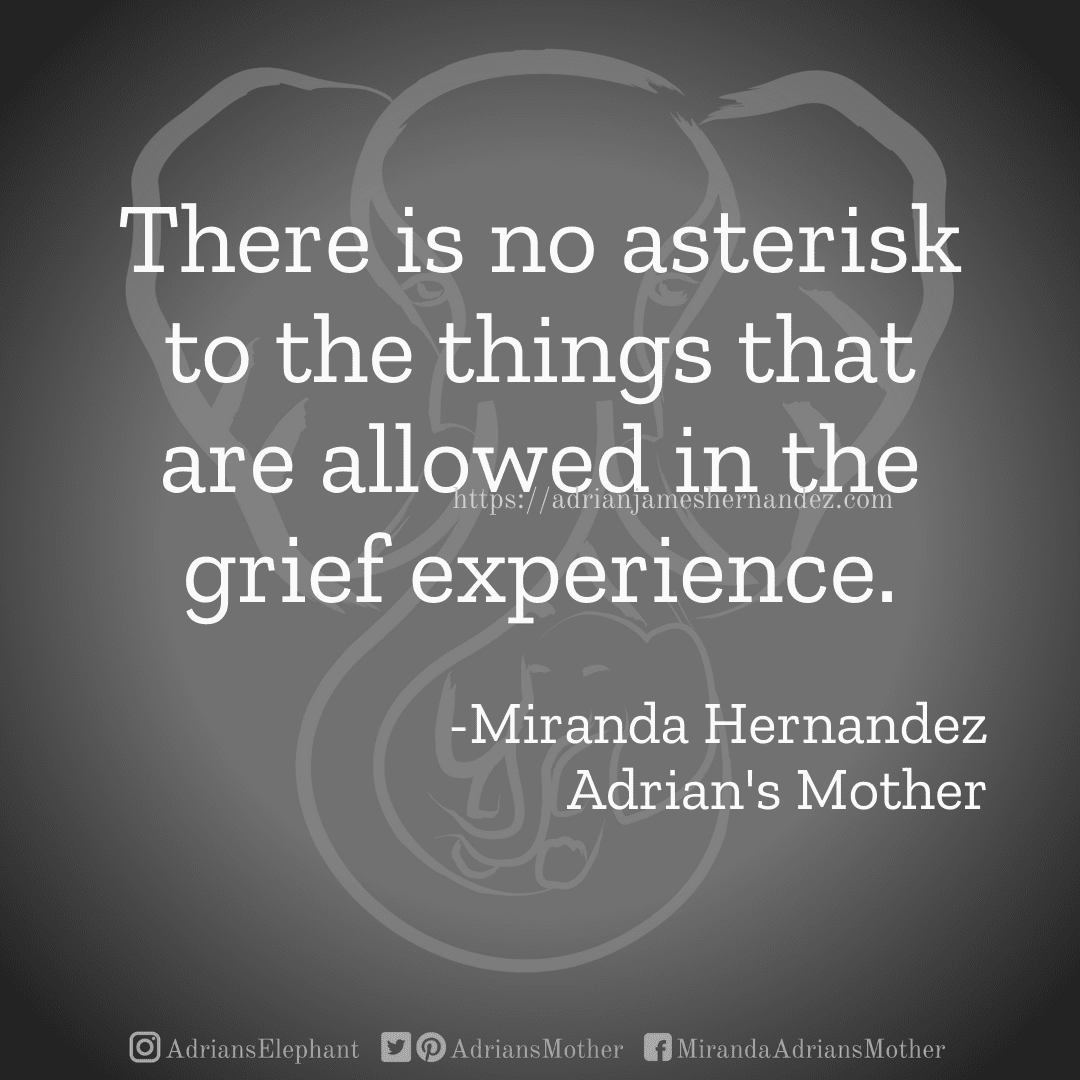
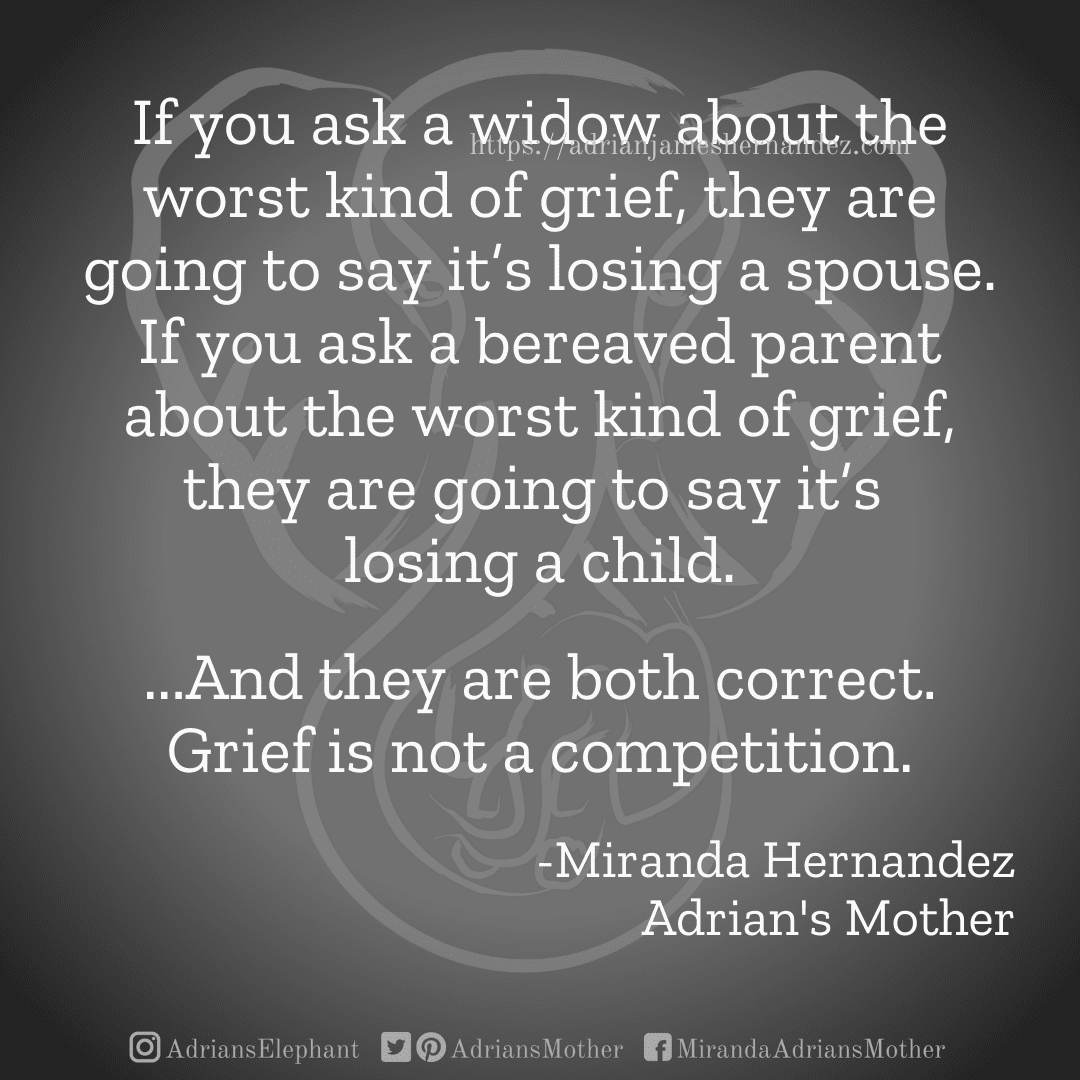




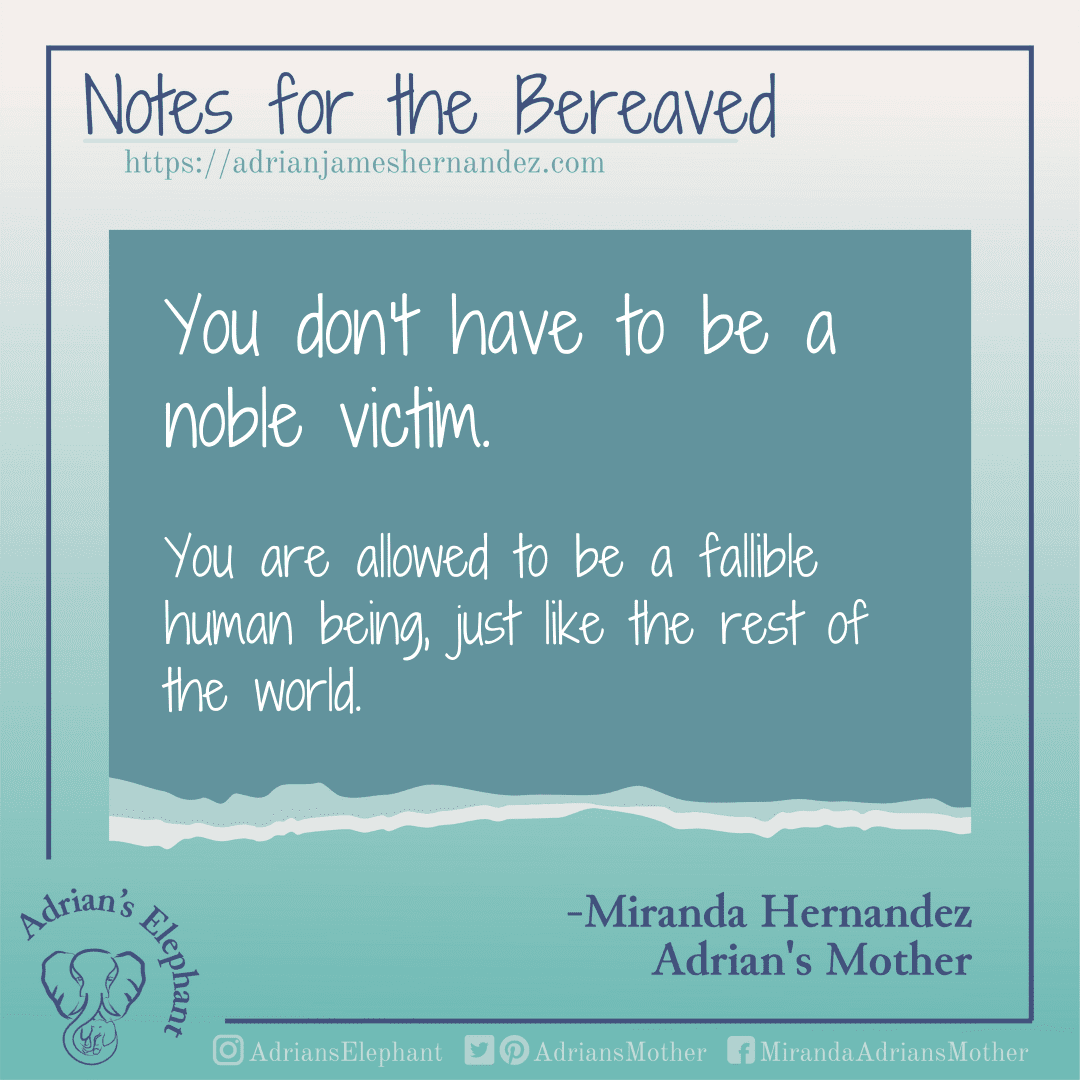

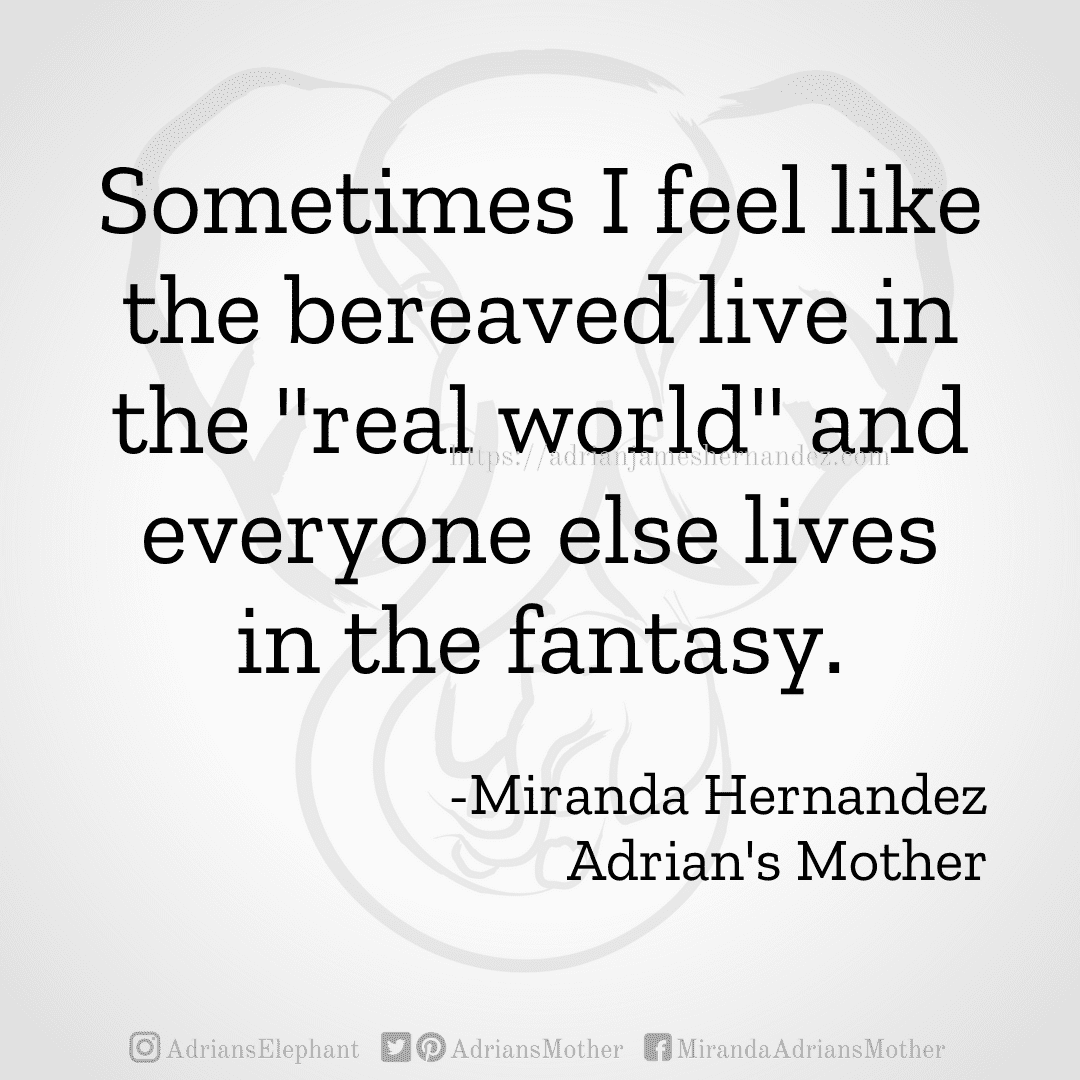
![Birthday wishes after death card: Thinking of you with love on your child's Birthday. [Blank inside.] - Sea Glass Parenting](https://adrianselephantpanda2.s3.amazonaws.com/wp-content/uploads/2022/06/26130137/SGPCardFlat-Thinking-Of-You-On-Your-Childrens-Birthday-Envelope-Heart-Blank-Inside-IG-12.jpg)


